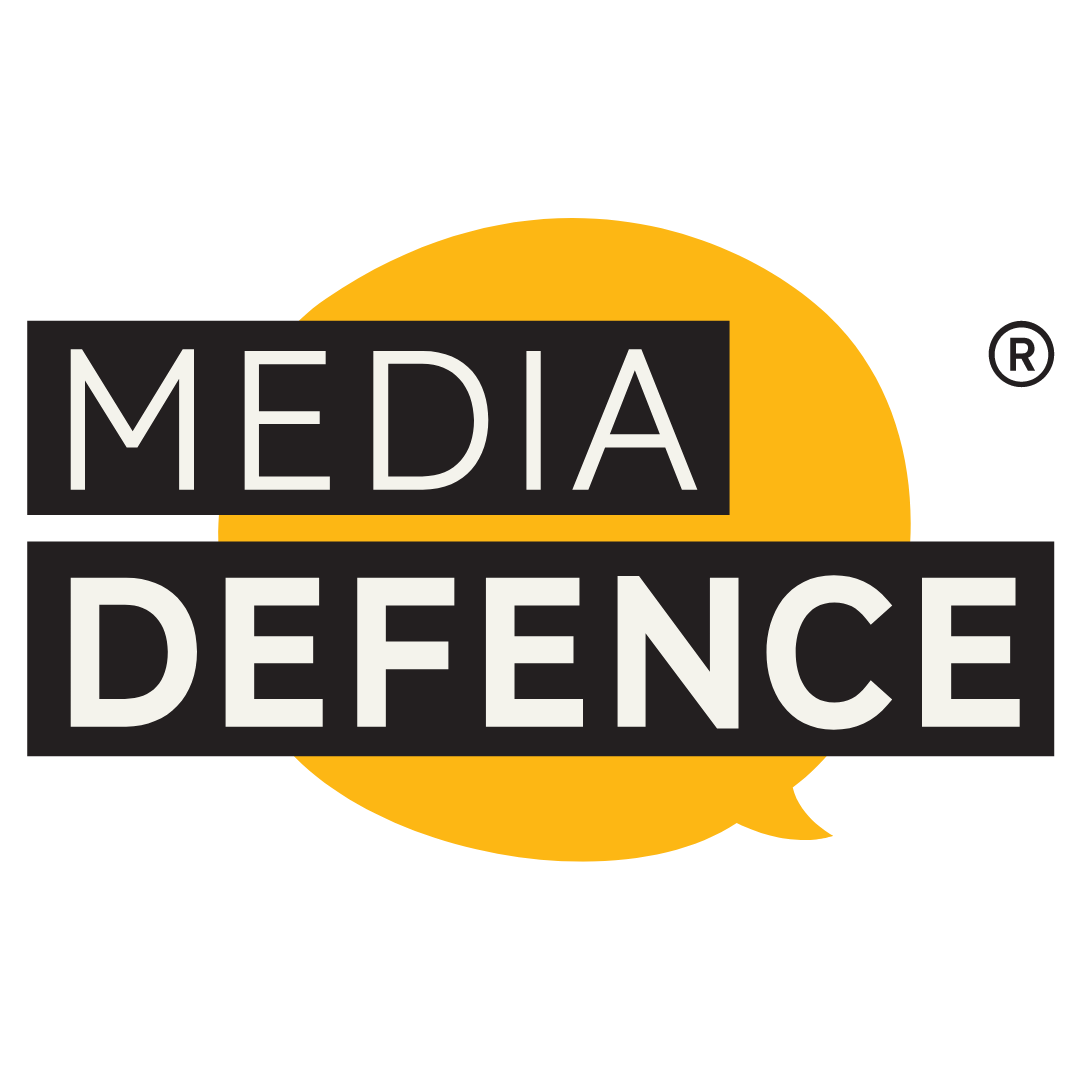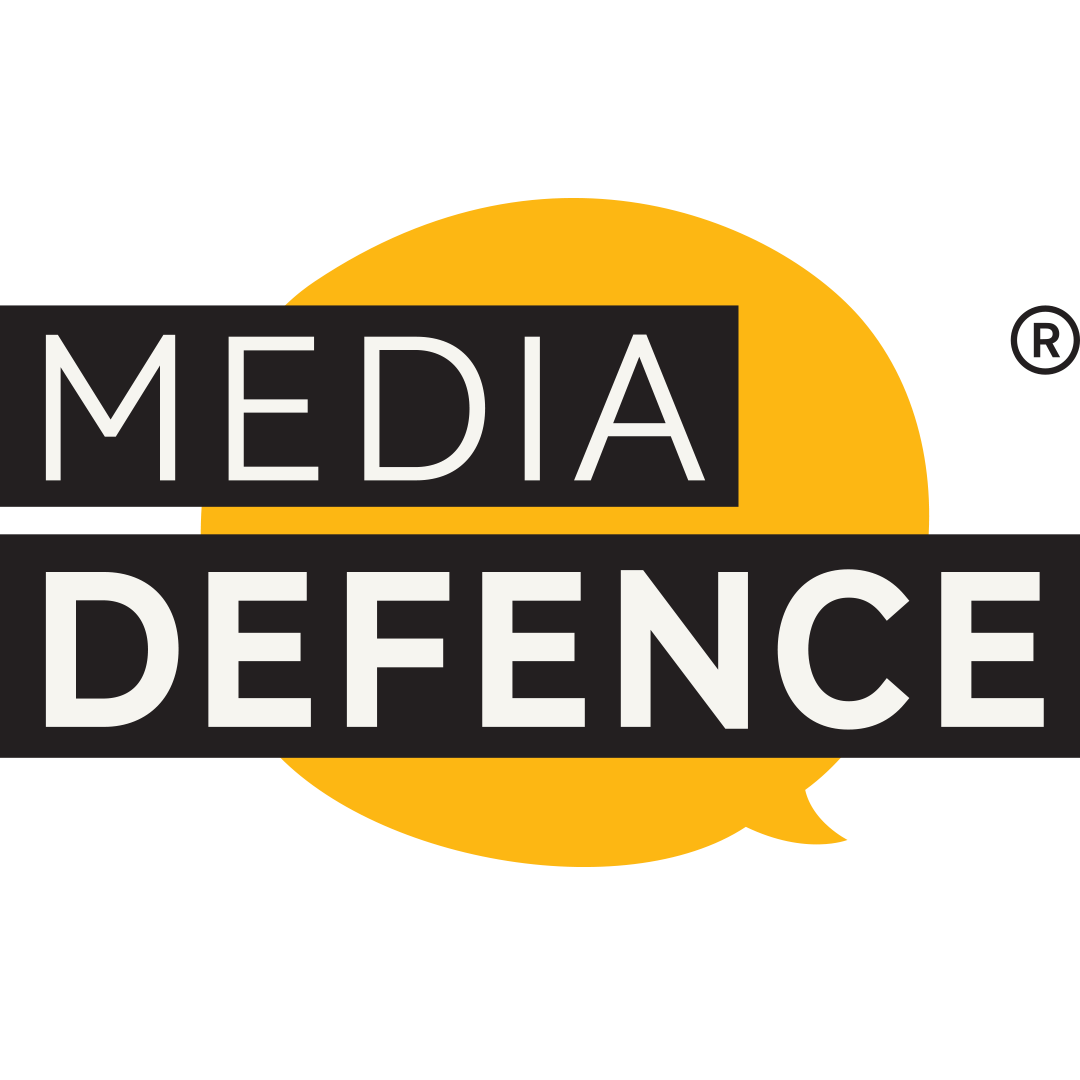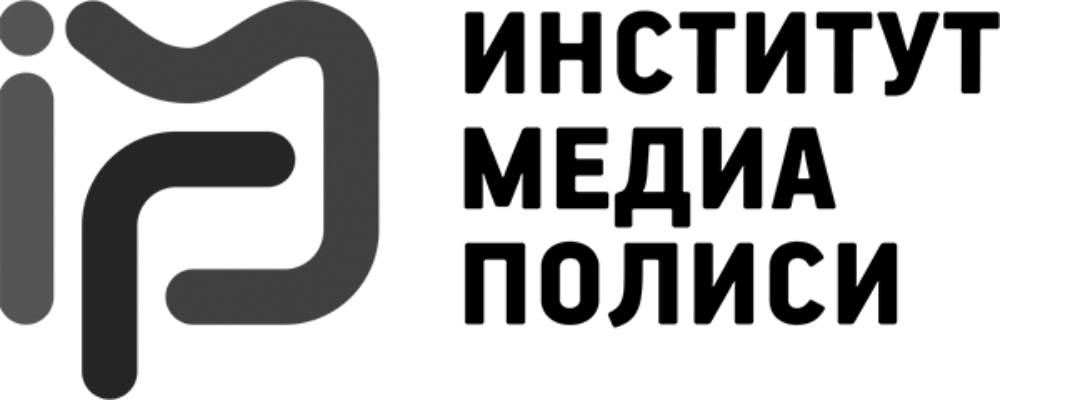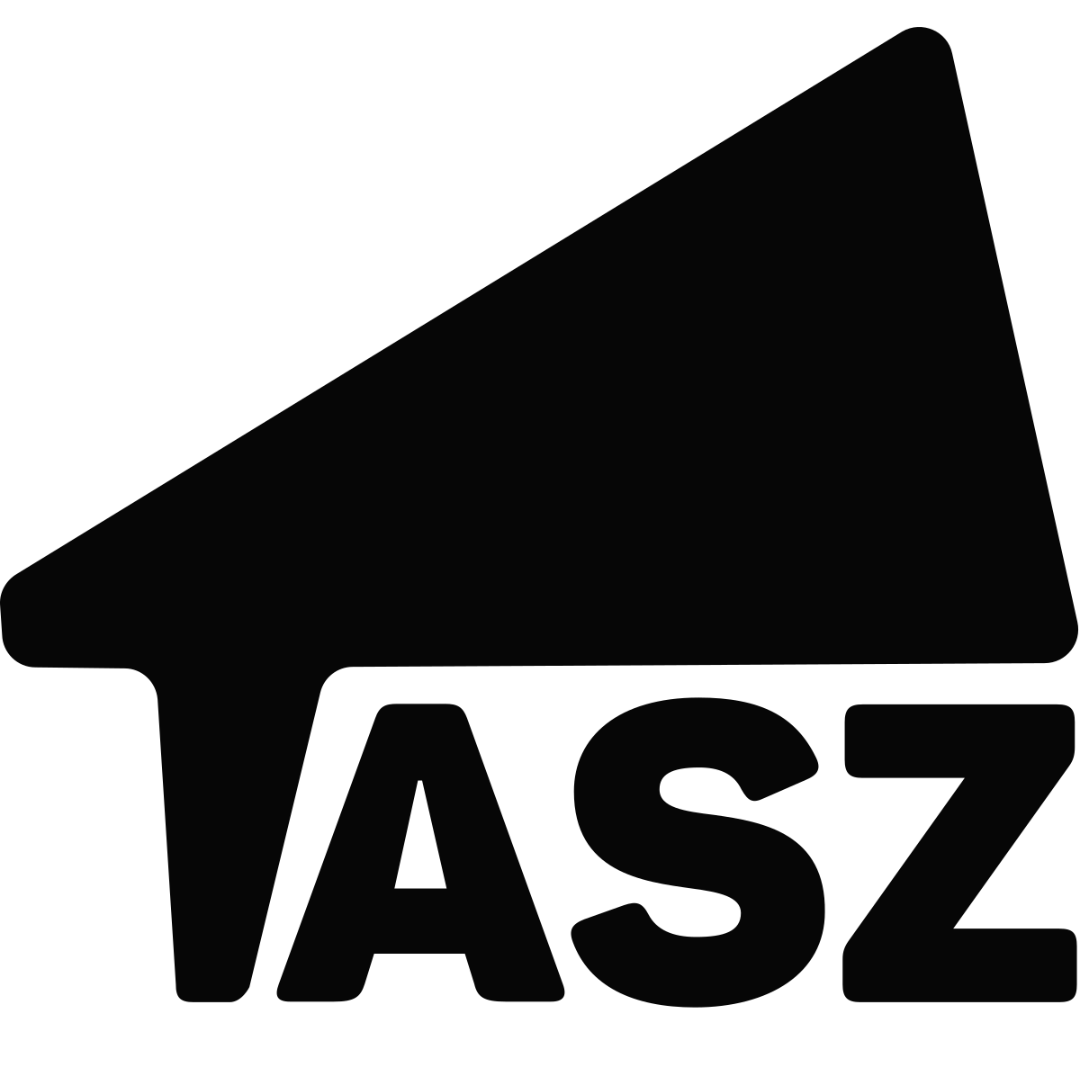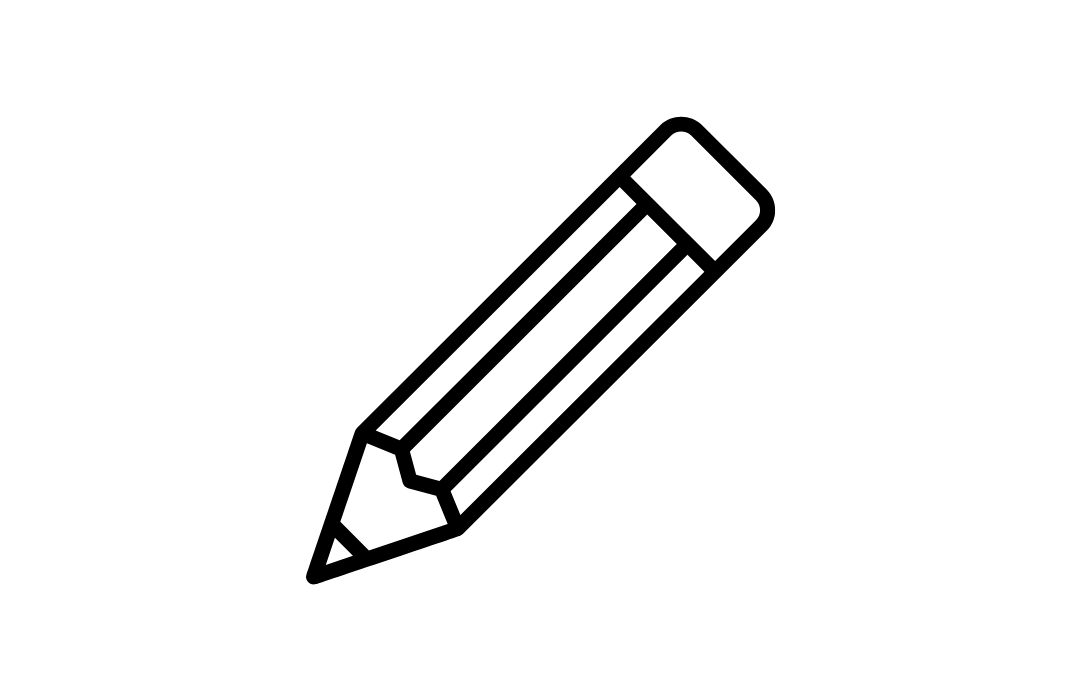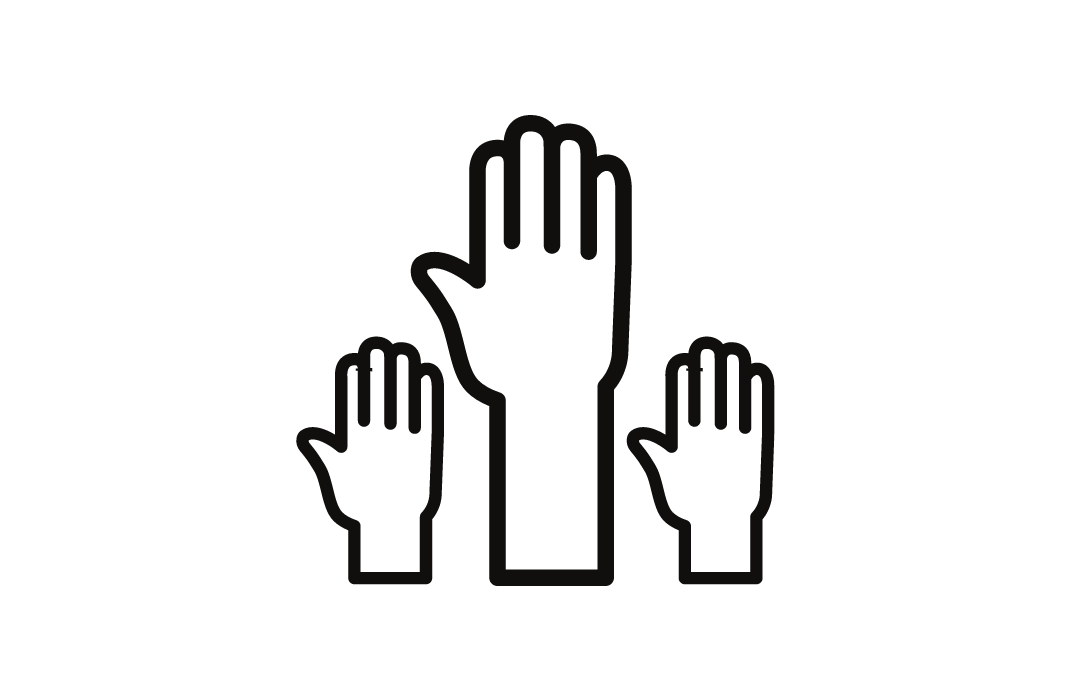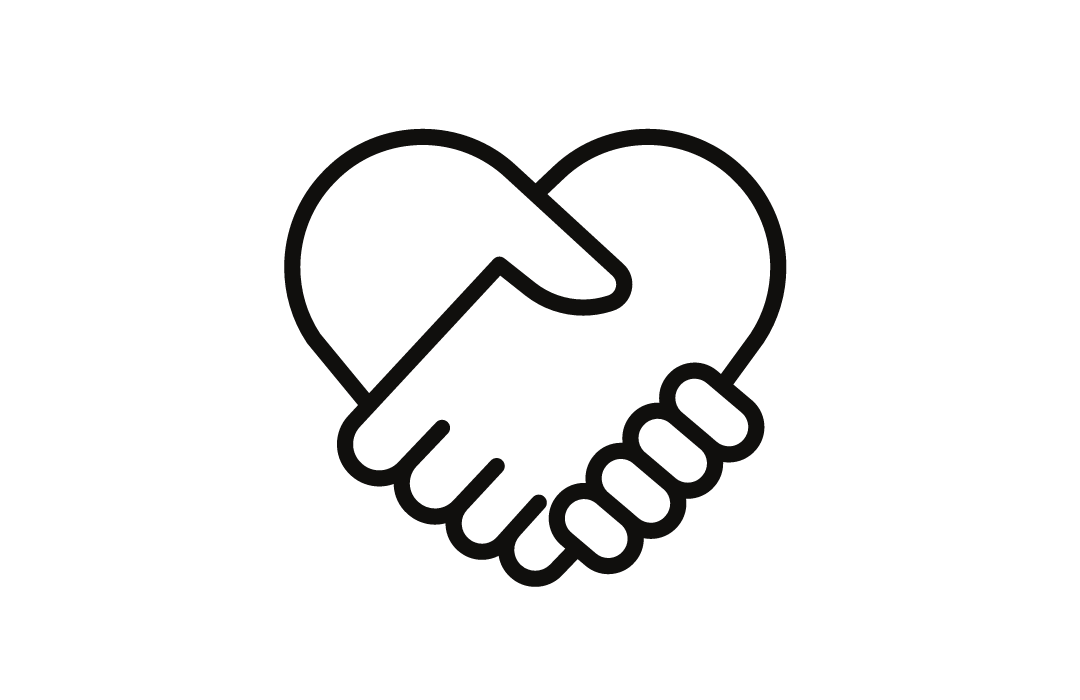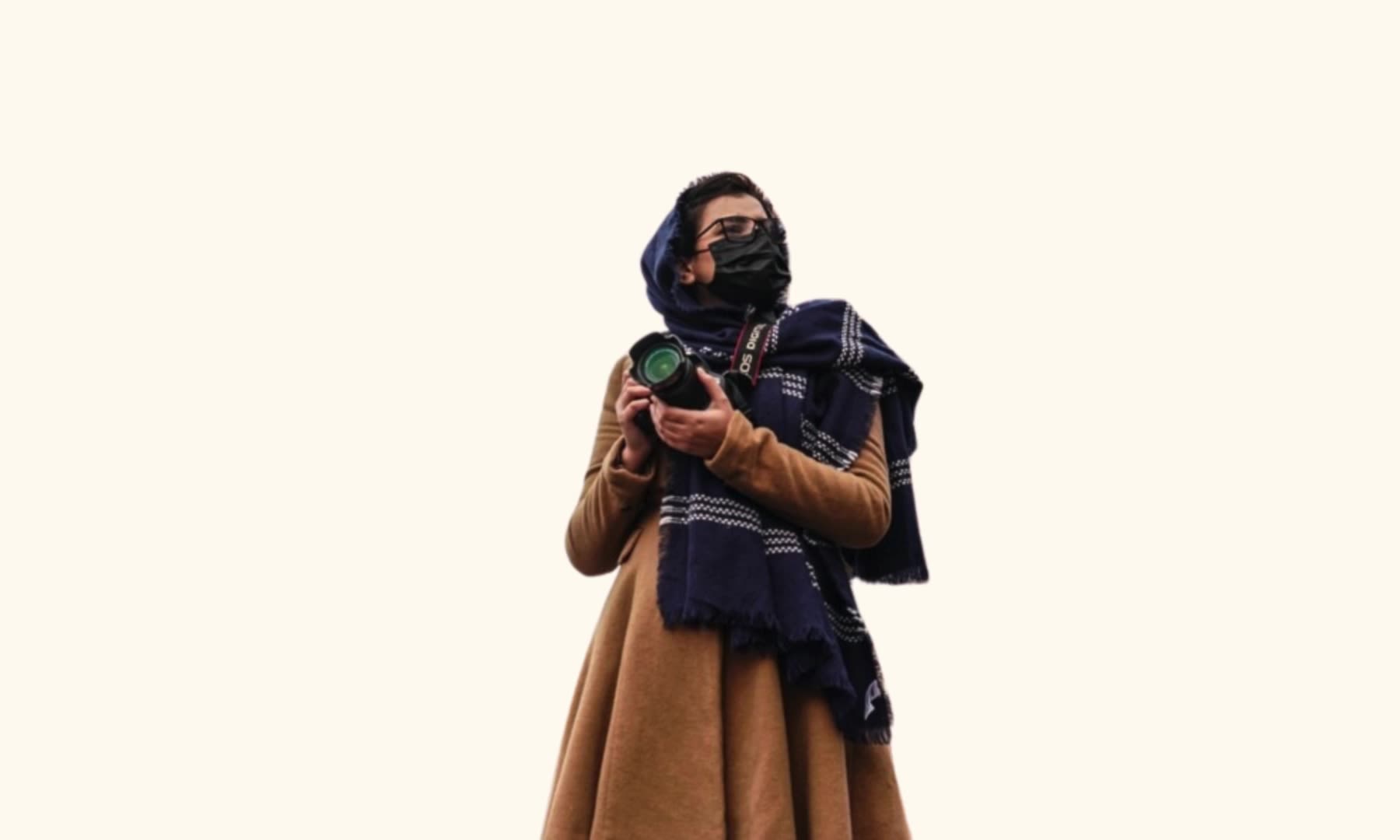
15 years of Media Defence
We have been providing crucial legal support to journalists, citizen journalists, cartoonists and independent media across the world for 15 years. We are unique in what we do. To date, we are the only organisation in the world solely focused on providing this help to journalists.
Image Credit: UNESCO world heritage centre, CC BY-SA 4.0 DEED (https://creativecommons.org/licenses/by-sa/4.0/) BG removed
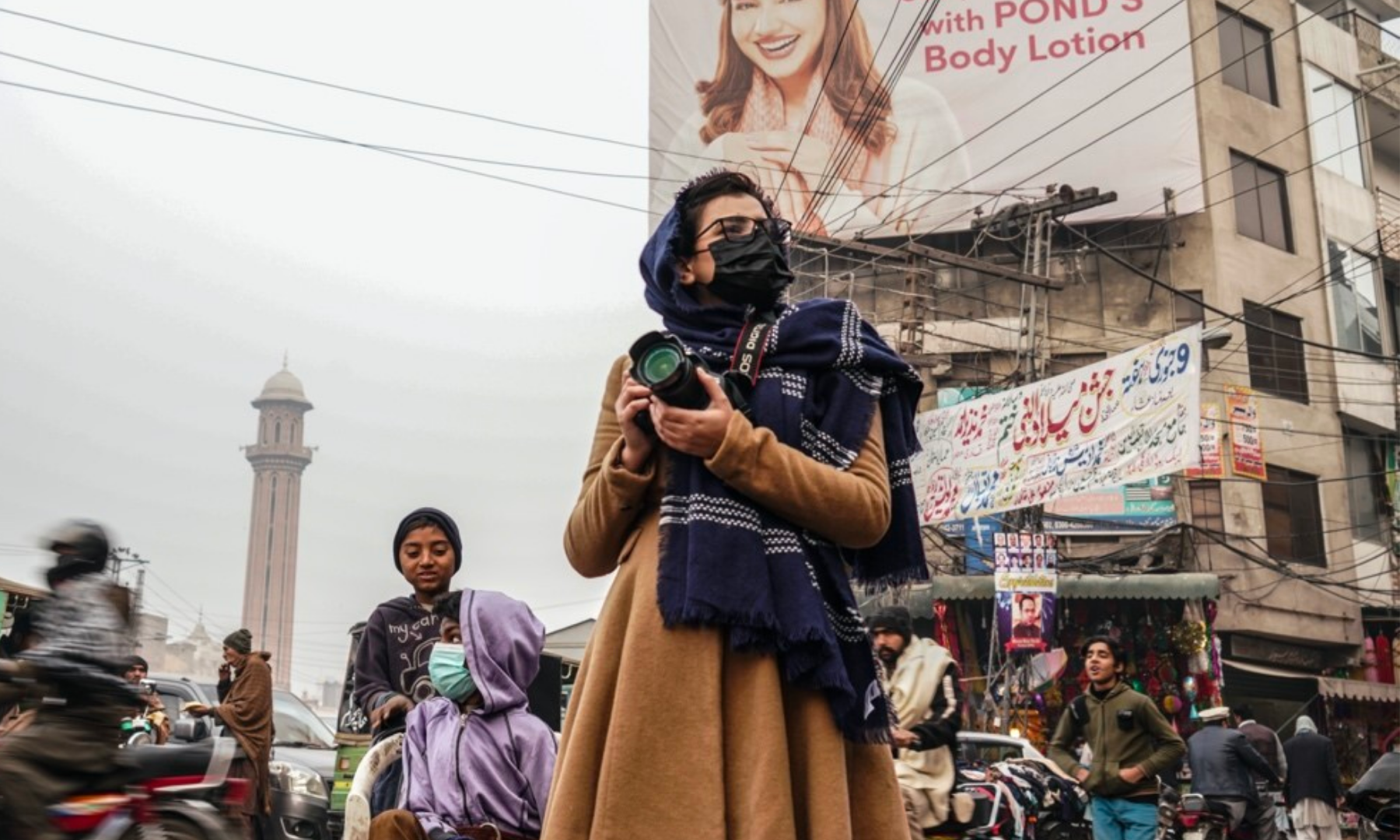
Since 2008, we’ve helped hundreds of journalists, citizen journalists and media outlets report freely.
We have worked to protect freedom of expression in 117 countries across the world...
We have defended journalists, citizen journalists, bloggers and cartoonists in over 1,300 cases through both emergency defence and strategic litigation...
Since we began conducting our Journalist Impact Survey in 2018, our support has enabled 95% of respondents to continue their public interest reporting.
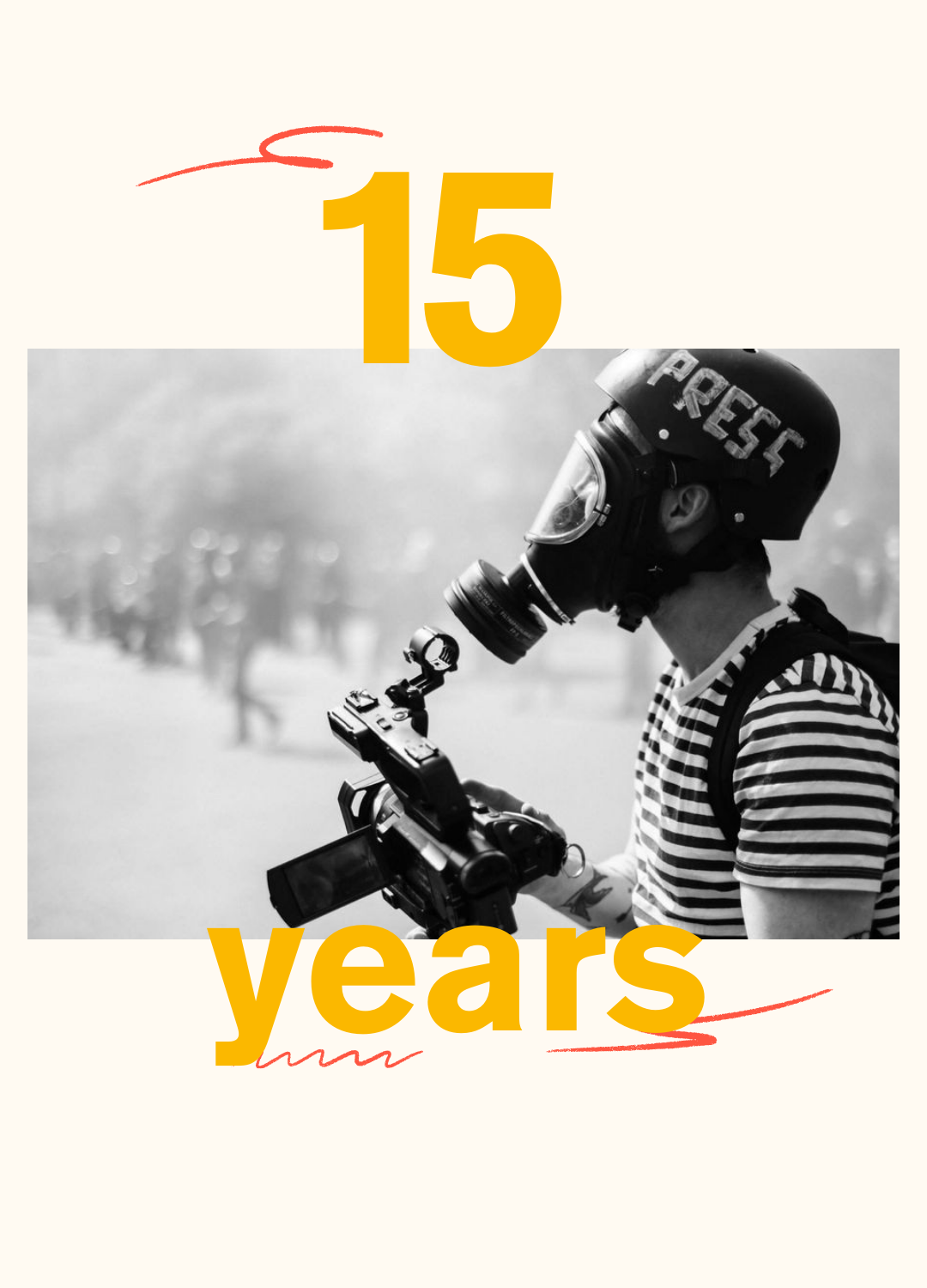
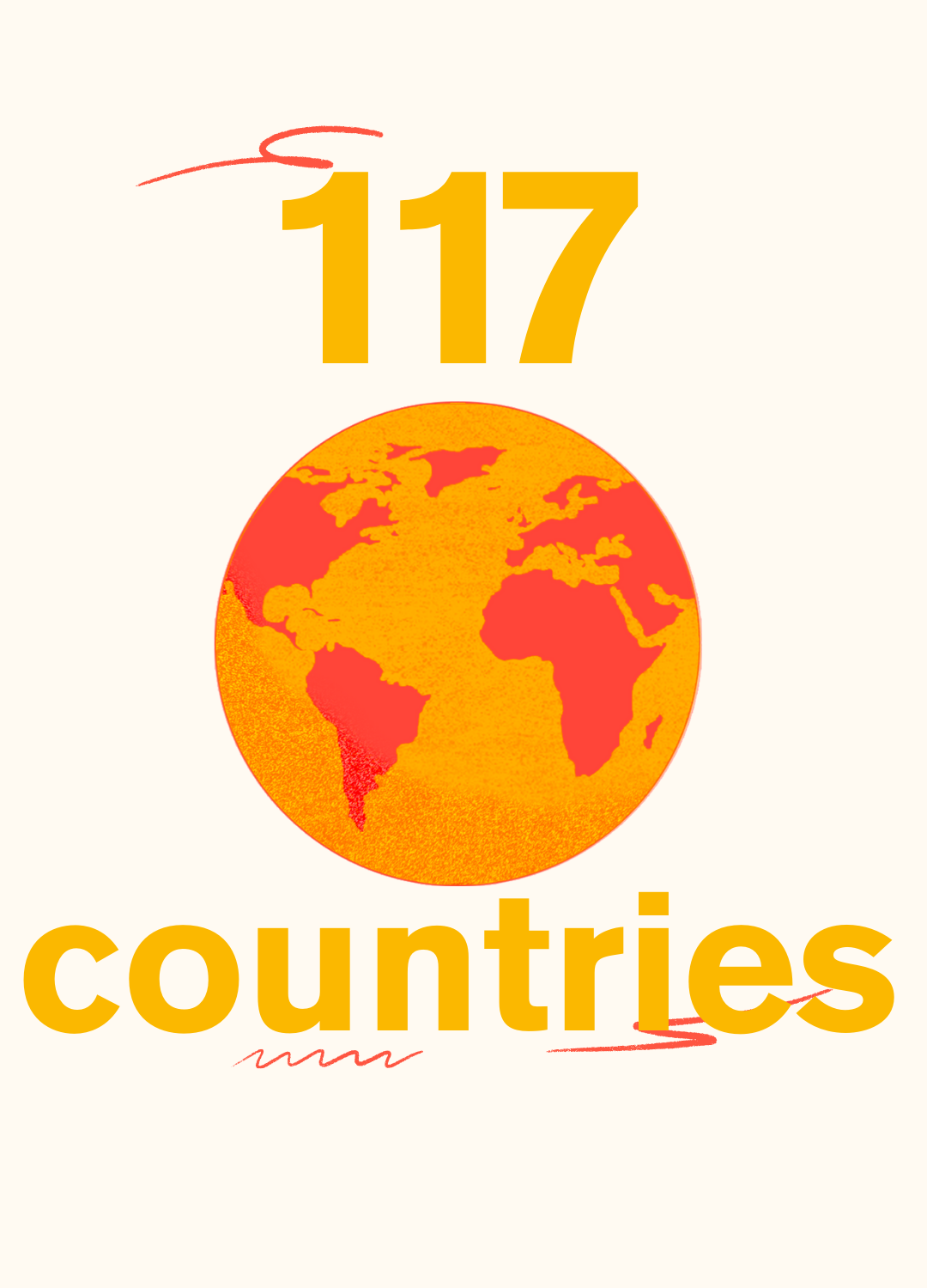
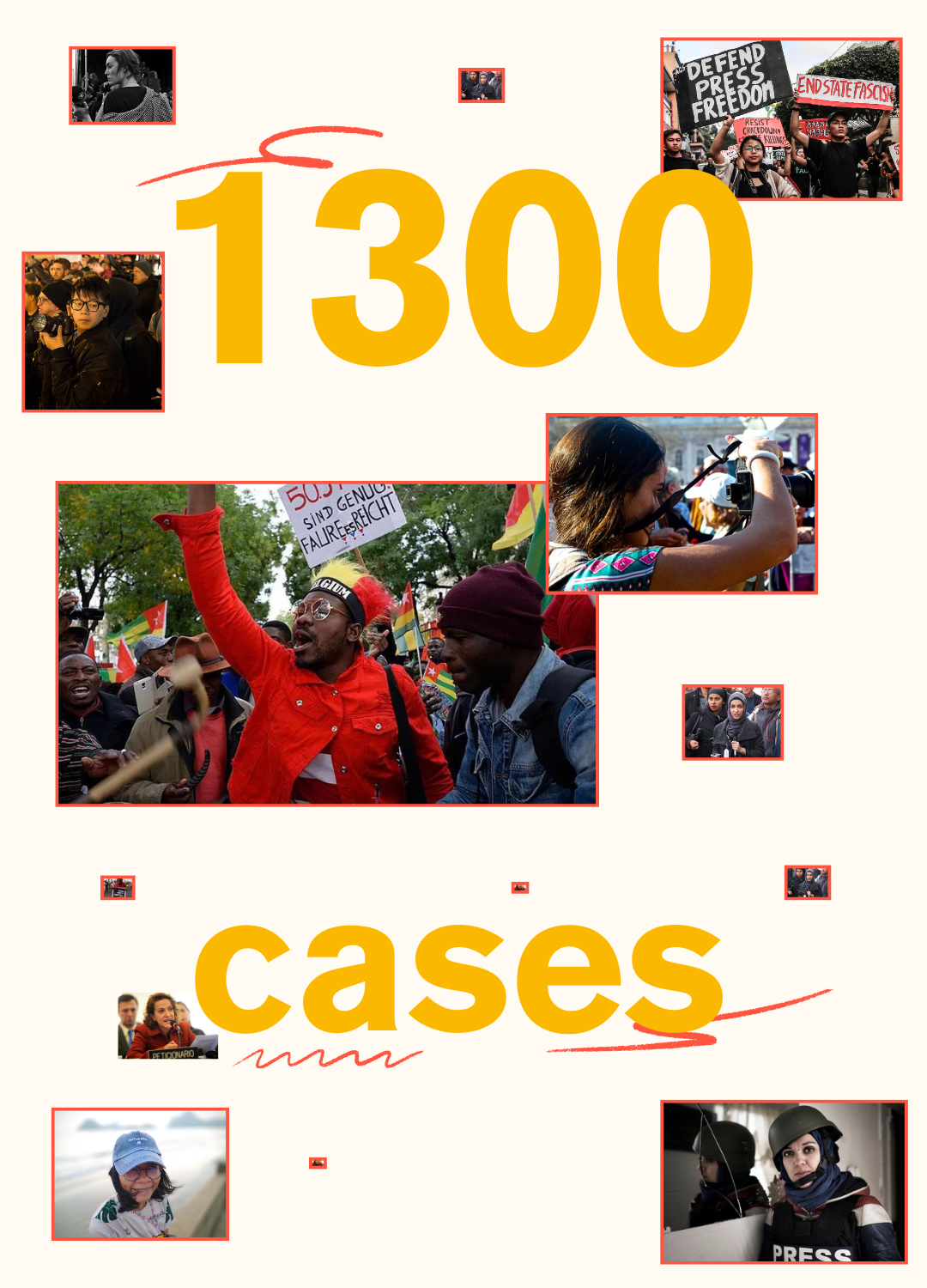
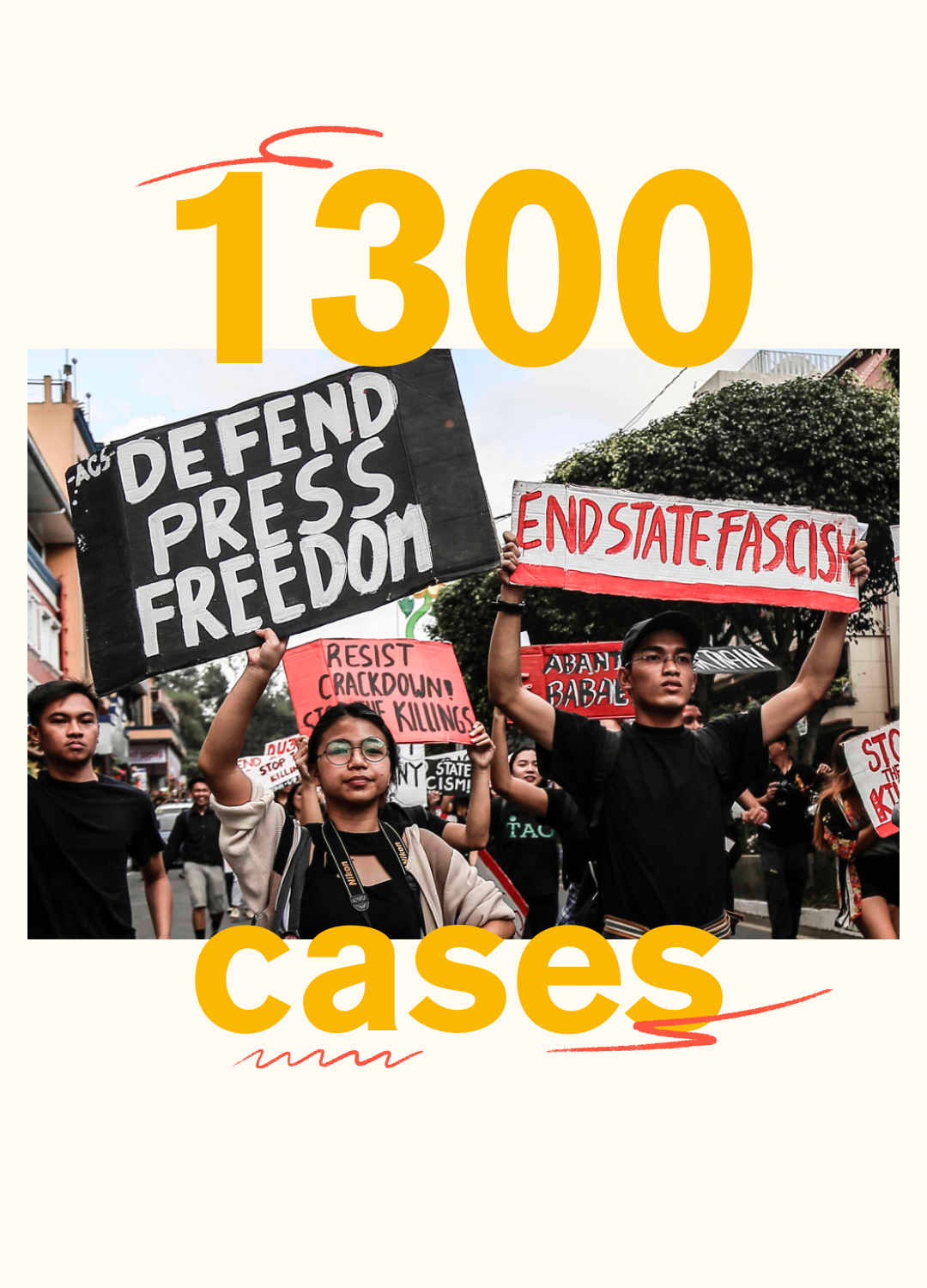
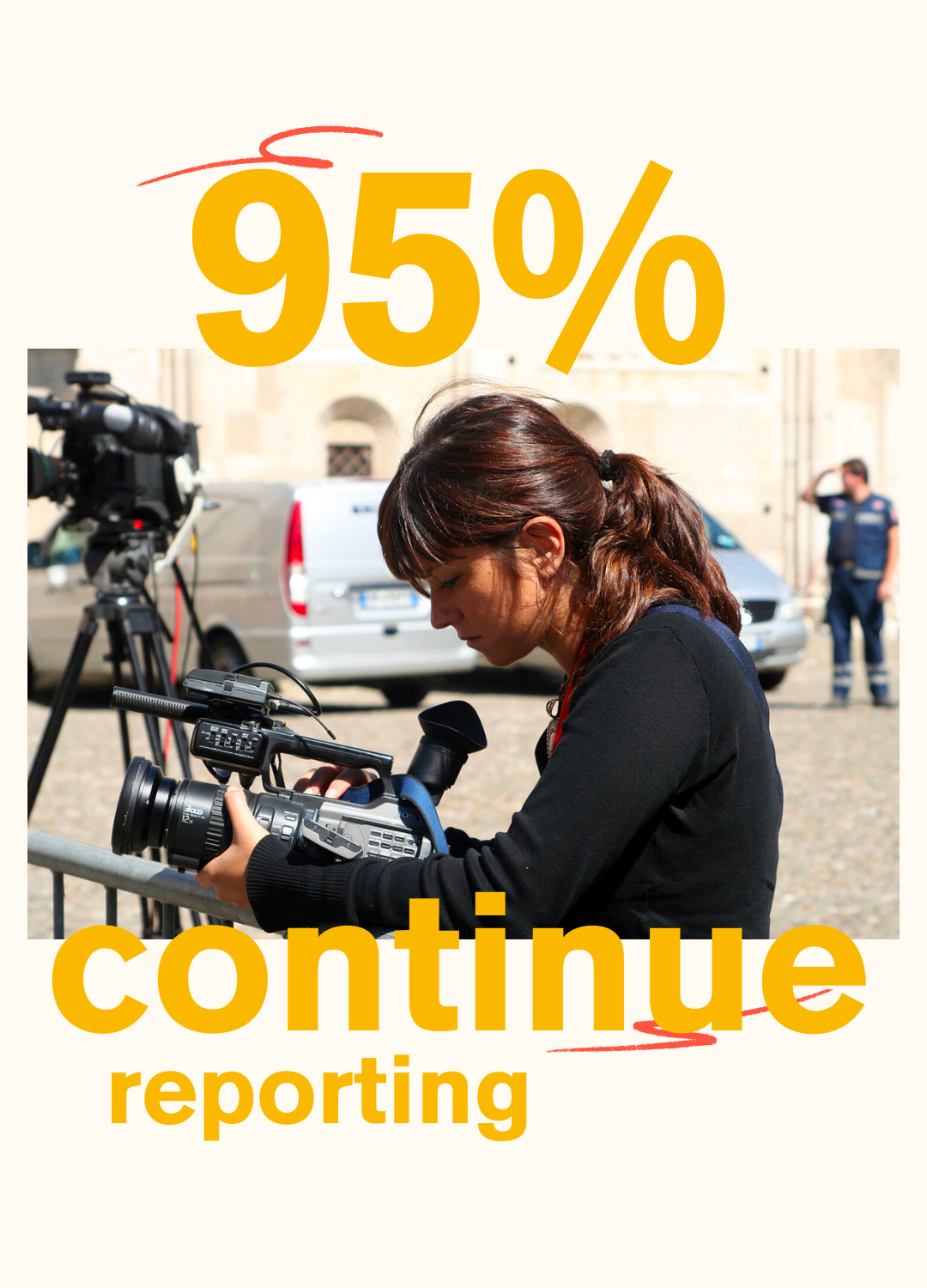
How do we achieve this?
Strategic Litigation
We take on strategic cases to challenge unjust laws used to silence journalists. We seek out cases that offer an opportunity for systemic change that will benefit media freedom.
Emergency Defence
We provide emergency funds for the legal defence of journalists at risk of fines, imprisonment or even death penalty.
Capacity Building
We build local legal capacity to help provide journalists with free access to the best possible legal defence. We do this through training lawyers and funding local legal centres globally.
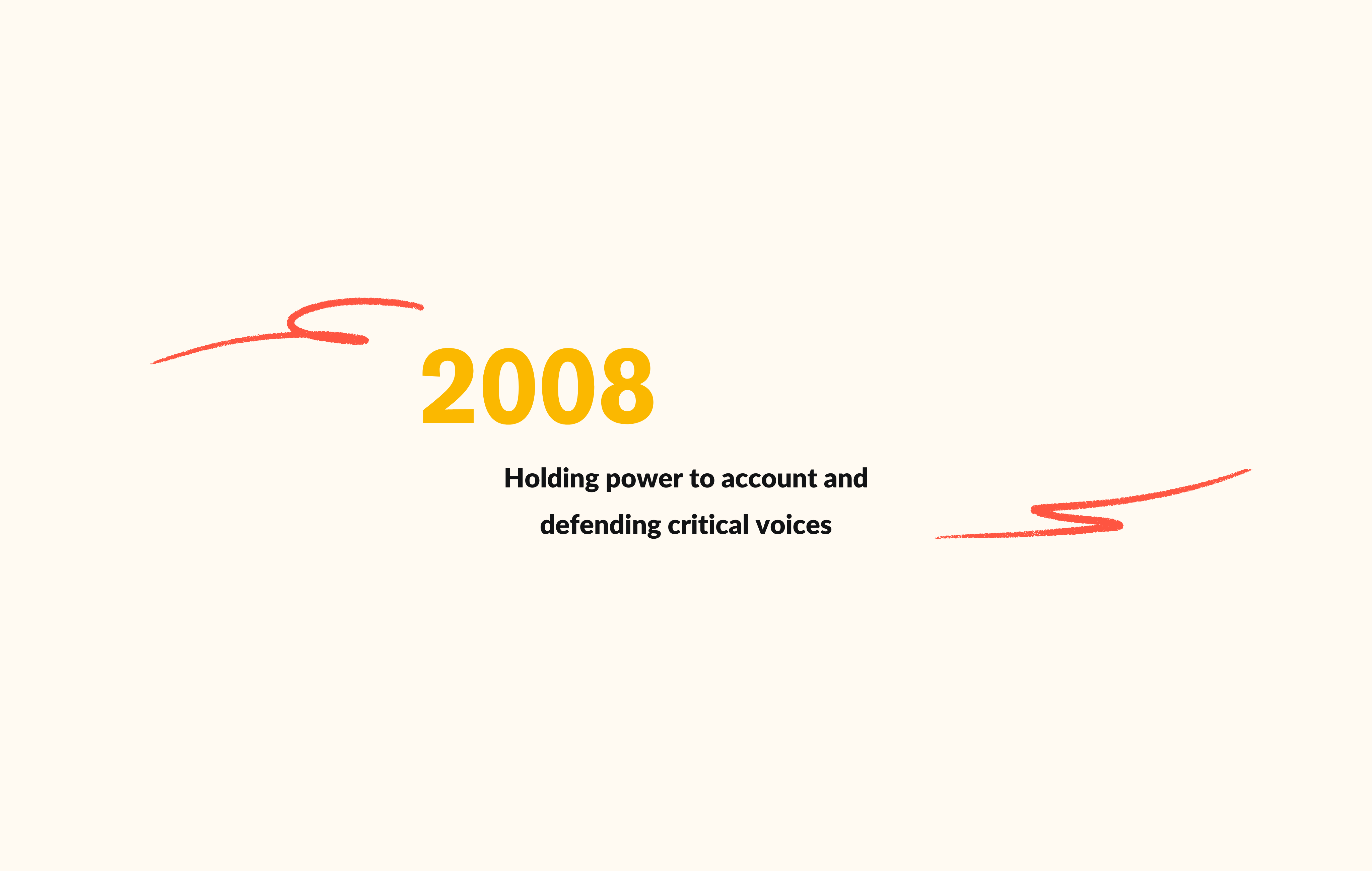
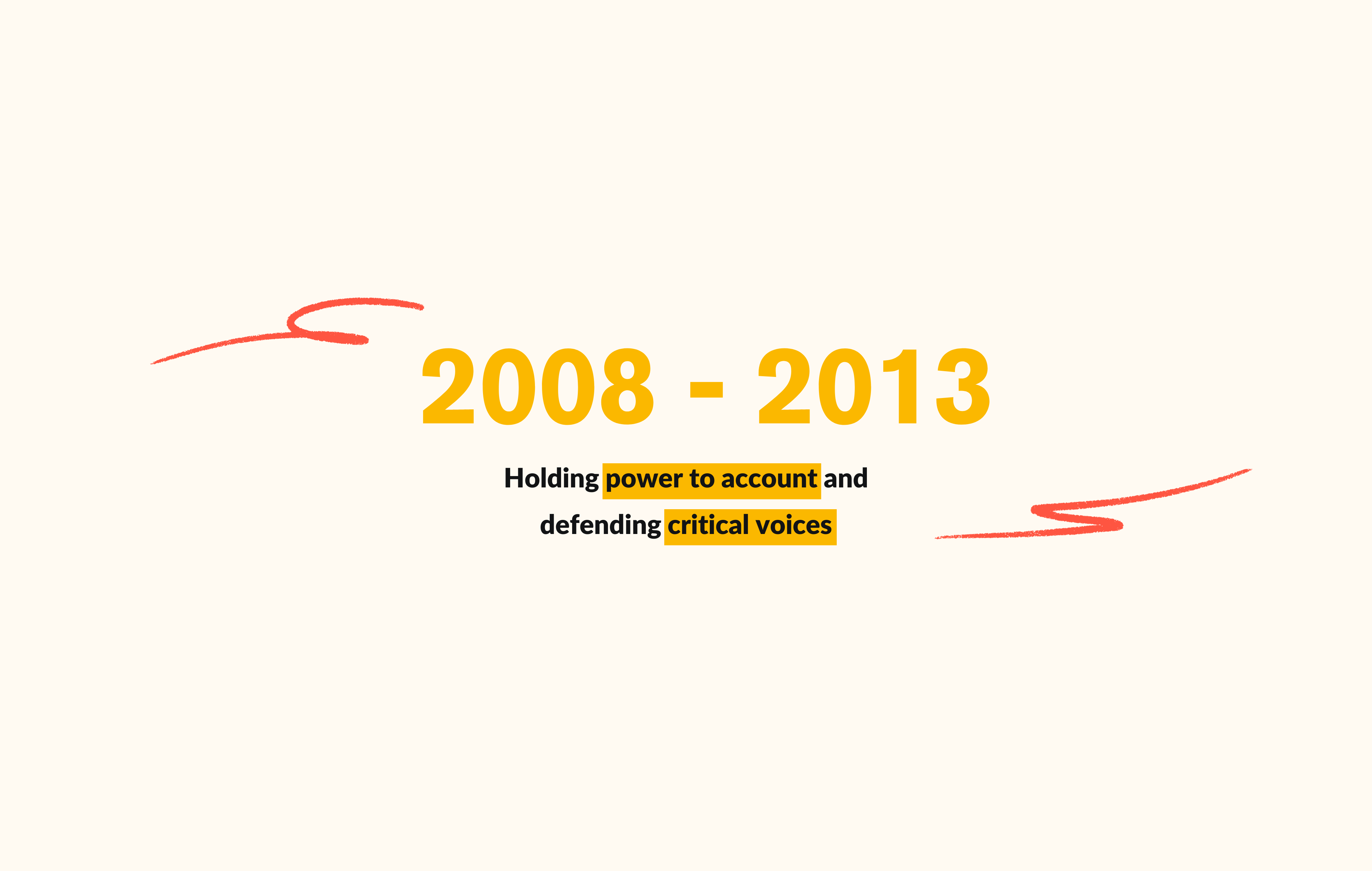
2008 | Founding Media Defence
Media Defence was founded in 2008 in the context of sharply deteriorating media freedom.
In the early 2000’s, Media Defence co-founder Aryeh Neier, identified a key gap in the provision for journalists under threat. Though other Media Freedom organisations campaigned for the release of imprisoned journalists, there was no one facilitating their legal defence.
Faced with a growing demand for legal defence, Media Defence (then Media Legal Defence Initiative) was established.
Early cases | Holding power to account
From the outset, Media Defence’s goal was to defend not just headline-grabbing media freedom cases, but to respond to those most in need and support those holding power to account against the odds.

2008 - Defending Thai journalists against Tesco
In 2008, we provided critical financial assistance to journalists in Thailand who had highlighted how Tesco's aggressive expansion was undermining local businesses.
In retaliation, Tesco launched staggering defamation claims, amounting to millions, against these reporters.
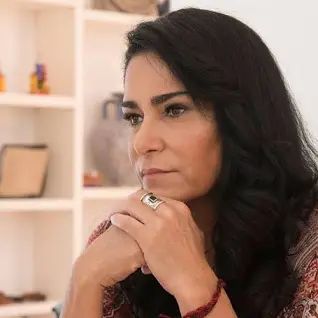
2009 - Defending Mexican Journalist Lydia Cacho
Cacho faced severe reprisals after exposing a powerful paedophile network in 2005.
Our support enabled Article 19 to bring her case to the Inter-American Commission of Human Rights. The 2009 interim ruling compelled the Mexican government to implement protective measures and investigate her illegal detention and torture.
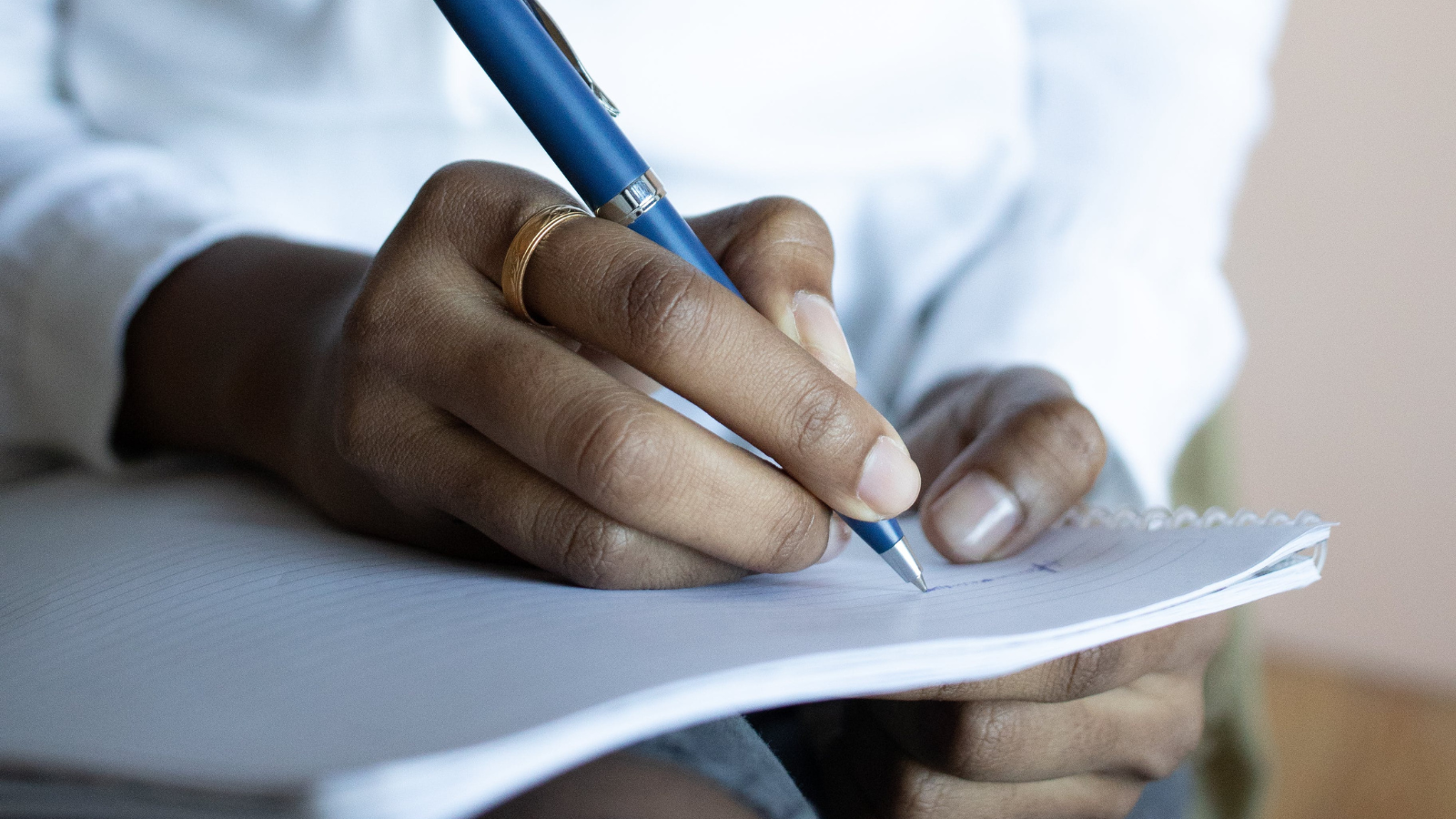
2010 - Protecting journalist sources in Europe
We led a coalition that effectively urged the European Court of Human Rights to enhance protection for journalistic sources in the crucial Sanoma v. the Netherlands case.
This landmark decision established a precedent requiring authorisation from a judge for police to obtain evidence from the media. This marked a significant advancement for media freedom in Europe.
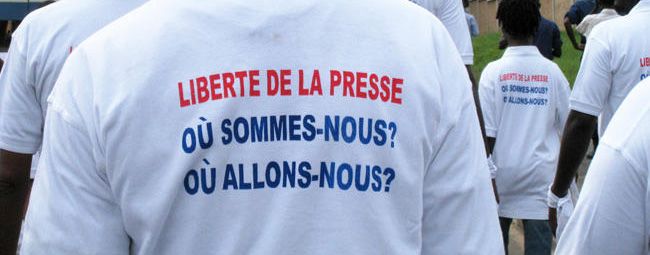
2013 - Burundi’s Repressive Press Laws Challenged
In a landmark ruling the East African Court of Justice declared Burundi's 2013 Press Law a violation, setting a precedent for East African Community members.
We brought the case on behalf of the Burundi Union of Journalists.
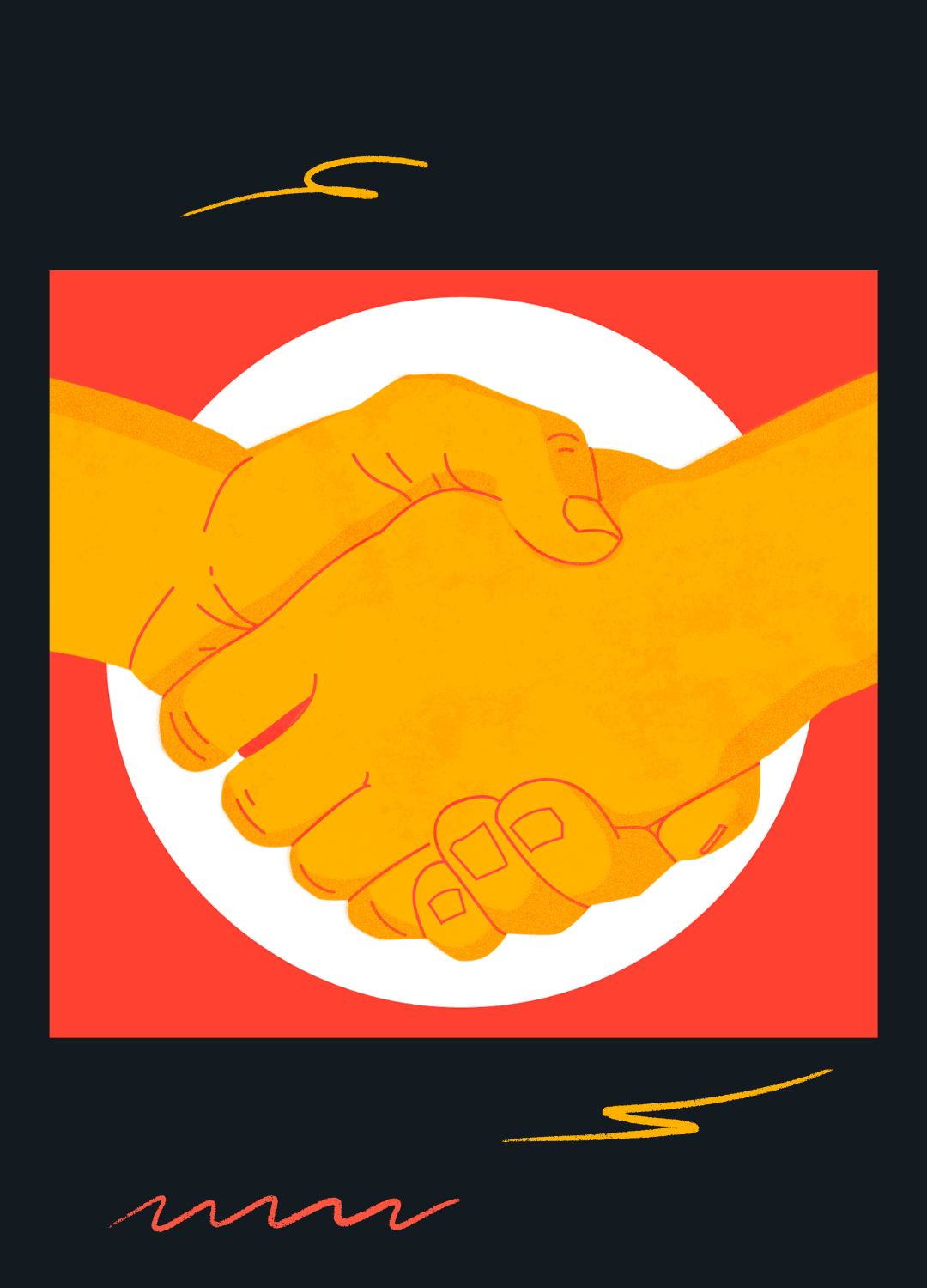
2009 | Creating Sustainable change: Funding Local Legal Defence Centres Worldwide
In 2009 we established our funded partner programme – funding local legal centres worldwide that focus on defence of journalists.
We believe building partnerships with local media defence centres is vital for ensuring culturally sensitive and sustainable protection for journalists globally.
In the first 5 years we partnered with 10 local media defence centres across 10 countries...
These centres were in the Phillipines, Azerbaijan, Kyrgyzstan, Hungary, Jordan, Moldova, Ukraine, Liberia, Indonesia, Indonesia and Macedonia.
We now have 19 funded partners across the world.
In Brazil, Cambodia, Colombia, Hungary, India, Italy, Kyrgyzstan, Liberia, Pakistan, Poland, Russia, South Africa, Togo, Turkey, Uganda, Ukraine, Nepal and Mexico.
We've had the honour of collaborating with two of our partners for over ten years!
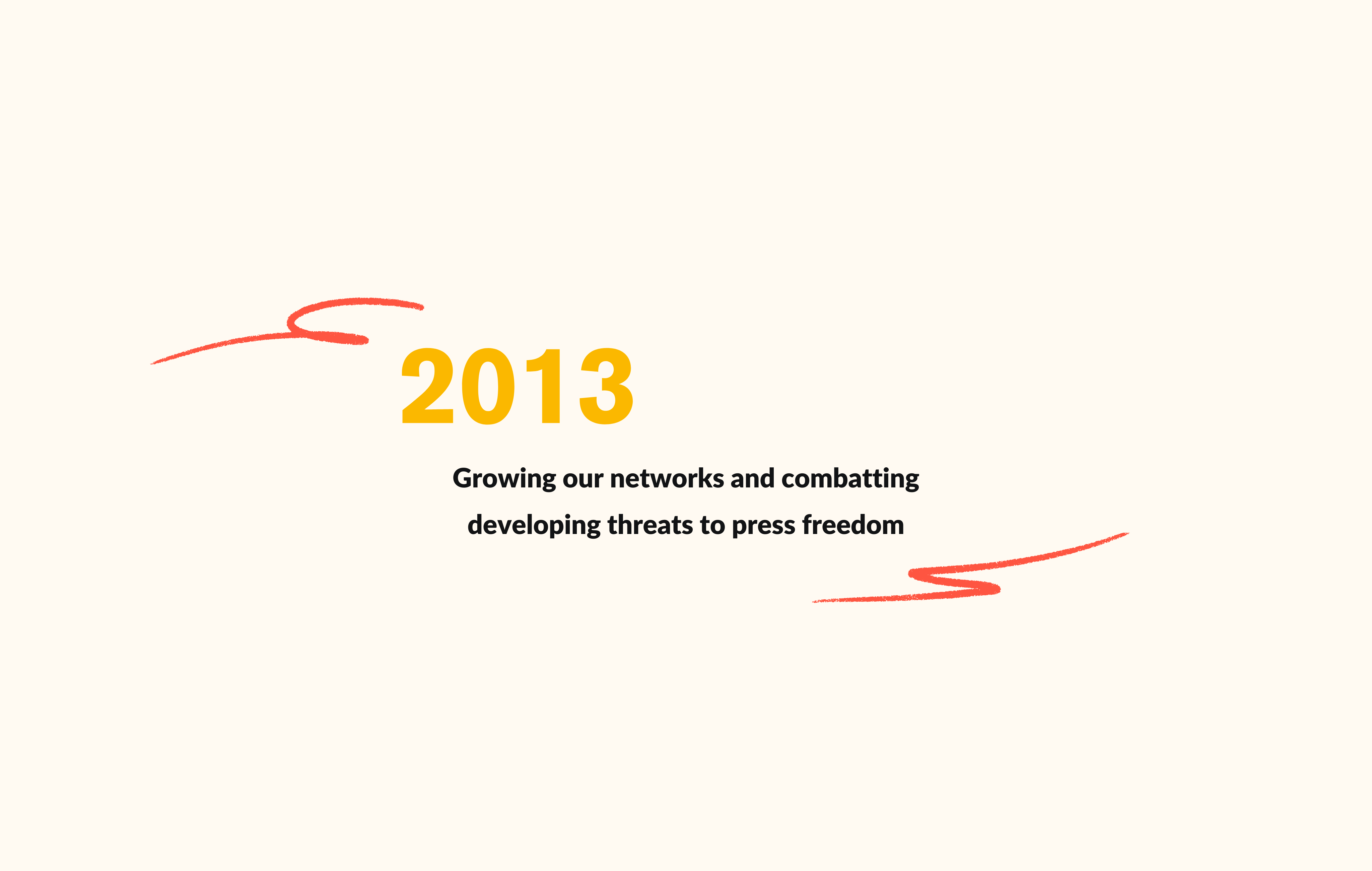
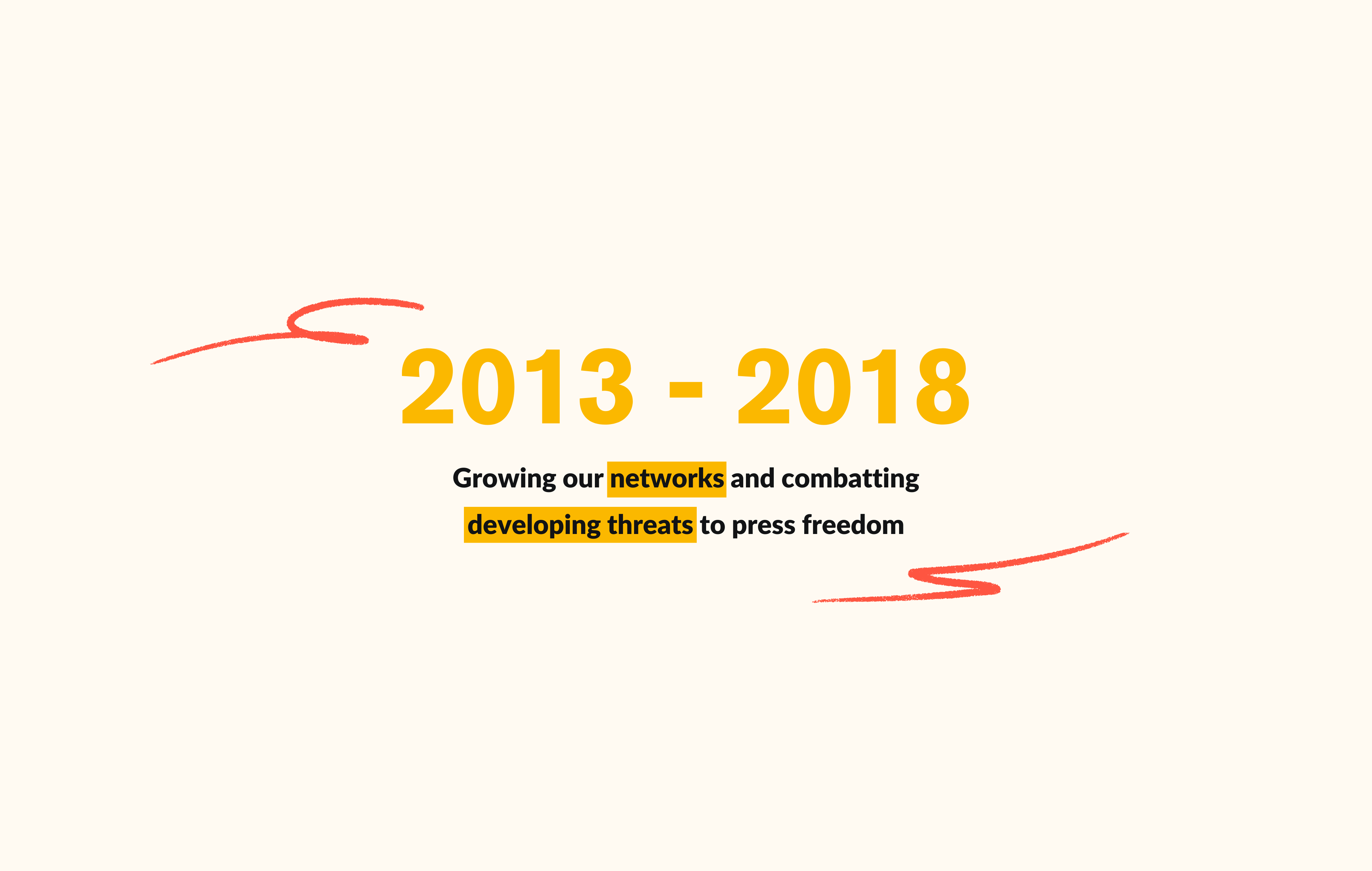
2014 | Decriminalising Defamation in Africa
Defamation lawsuits are frequently misused to stifle dissent, and can have a serious chilling effect on journalism especially when excessive measures like criminal charges are used. While many countries continue to have criminal defamation laws, there has been a steady trend of decriminalising defamation in many African nations.
Media Defence has played a critical role in cases that spearheaded this trend.
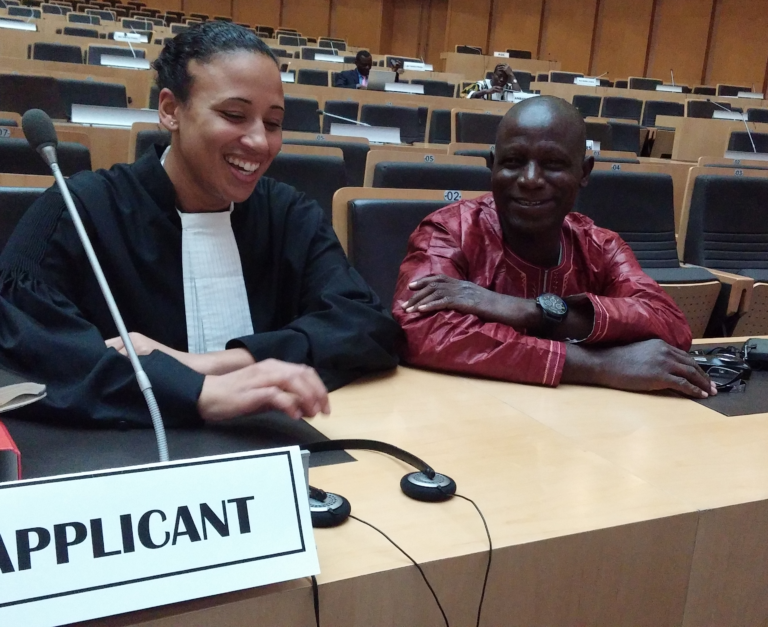
2014 | Burkina Faso
In 2014, we represented Burkinabé journalist, Lohé Issa Konaté, after he suffered harm as a result of charges of criminal defamation.
The African Court on Human and Peoples’ Rights compensated Konaté and ruled that imprisoning journalists for defamation violates freedom of expression. It directed Burkina Faso to reform its laws, removing a major obstacle for impactful journalism.
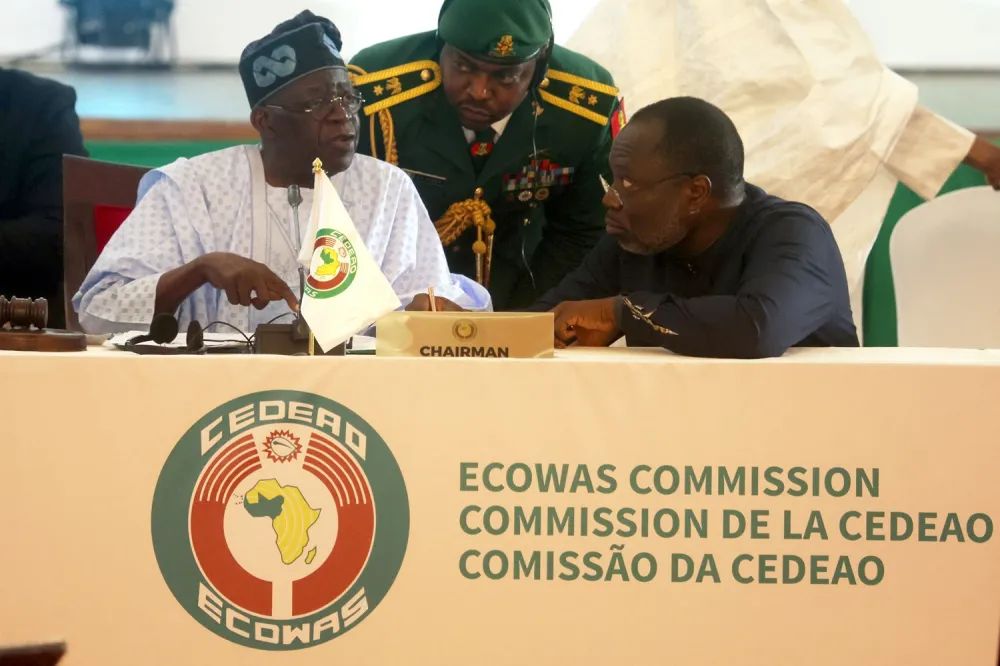
2015 | the Gambia
In 2015, we supported the Federation of African Journalists (FAJ) and others in their challenge against The Gambia. The case argued that the journalist's rights had been violated by state authorities when they were harassed, detained under inhumane conditions, and forced into exile.
In 2018, the ECOWAS Court, issued its landmark judgment which found that Gambian authorities had violated the rights of the journalists through laws criminalising speech.

2014 | Inspiring the next generation of human rights lawyers: Edinburgh Student Law Clinic
We proudly support the Edinburgh Student Law Clinic, established in 2014. The clinic employs an innovative model of legal education, providing law students practical experience in advocating for human rights.
Focused on filing petitions to the UN Working Group on Arbitrary Detention (UNWGAD), the clinic has achieved significant success.

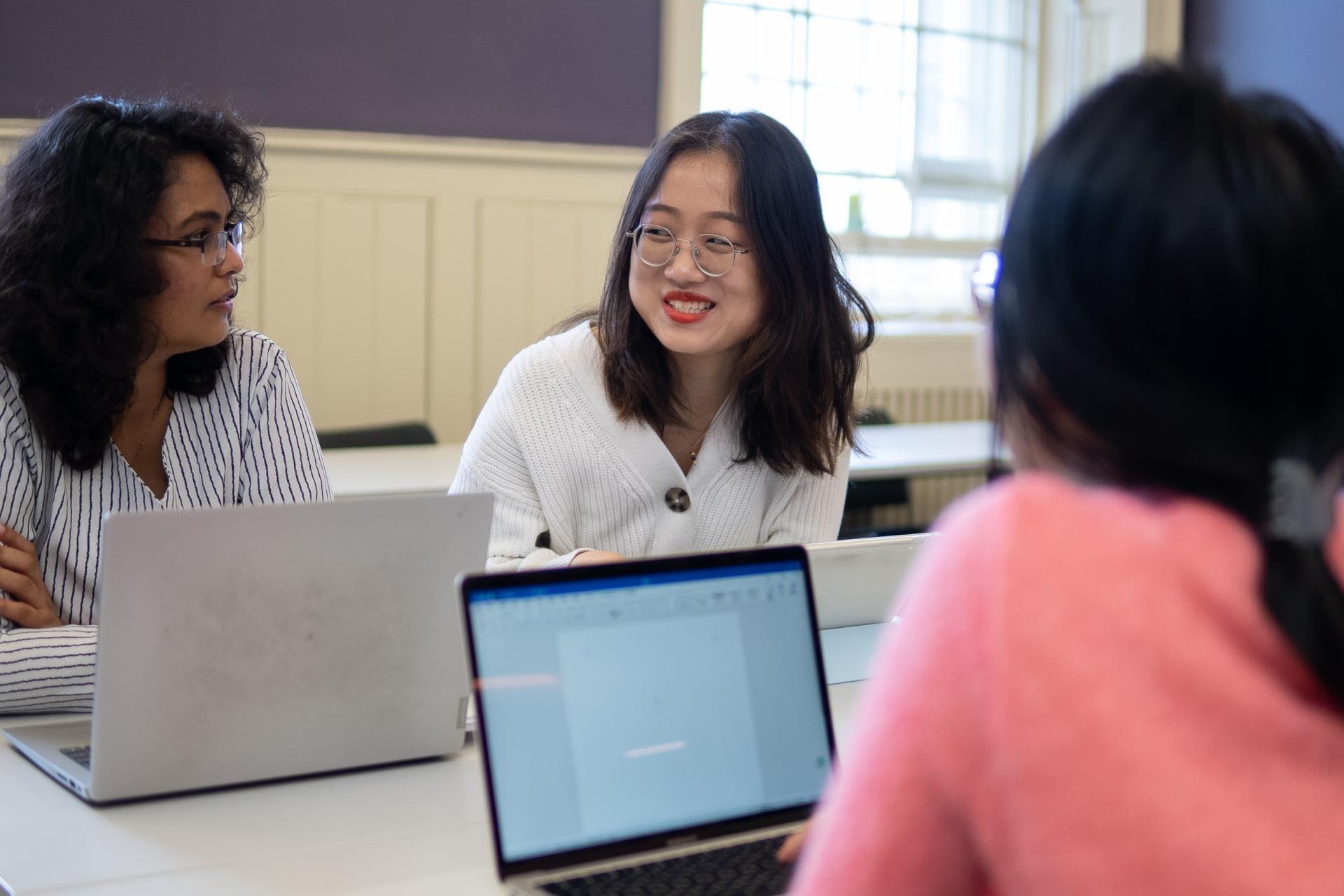
Challenging Arbitrary Detention in Viet Nam
In the mid 2000’s Vietnamese authorities intensified their crackdown on freedom of expression, peaceful assembly, association, thought, conscience, and religion. By 2017 there were over 100 'prisoners of conscience' in Viet Nam, including many journalists.
Responding to this worrying trend, we filed a series of petitions to the UNWGAD.
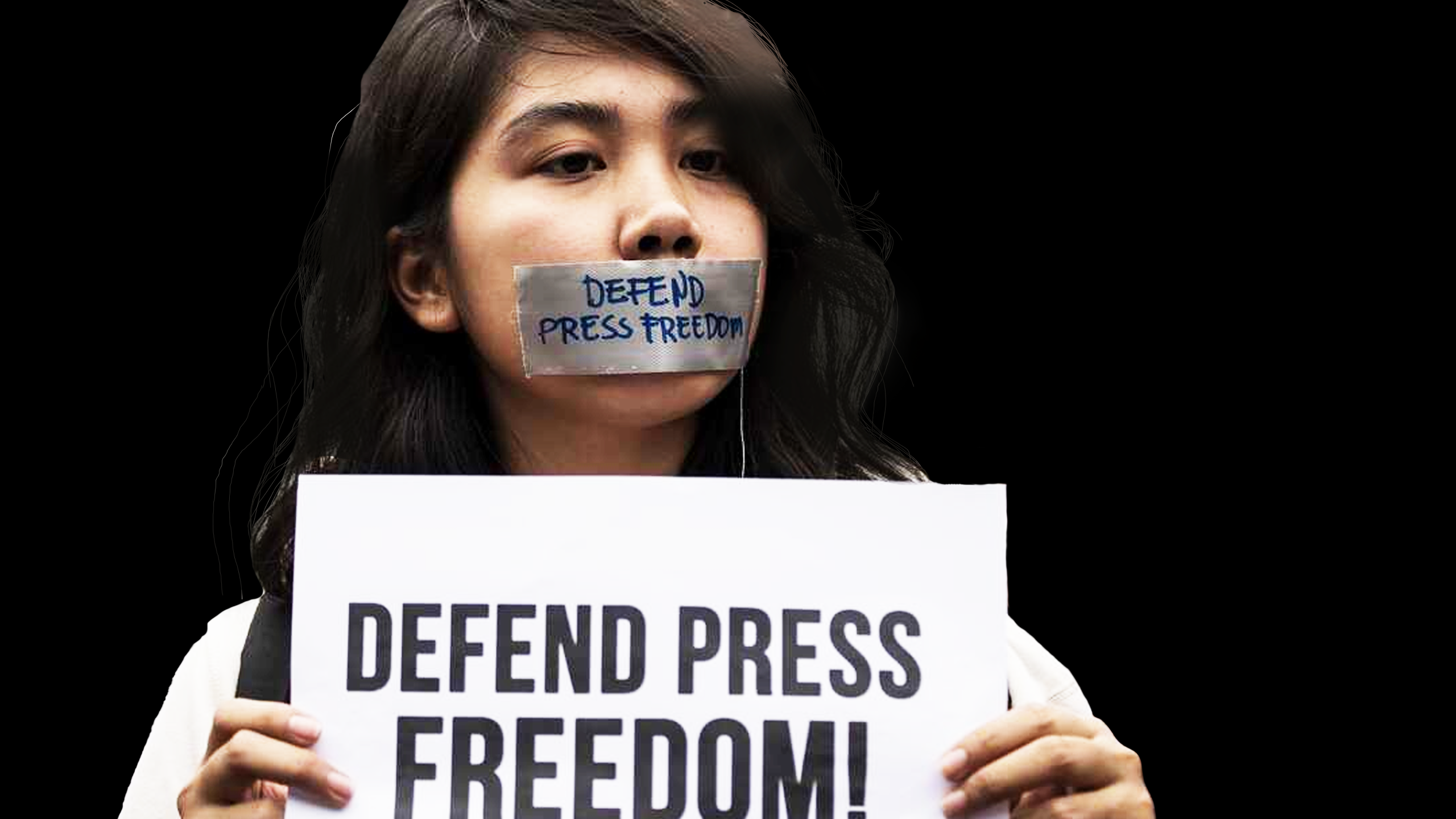
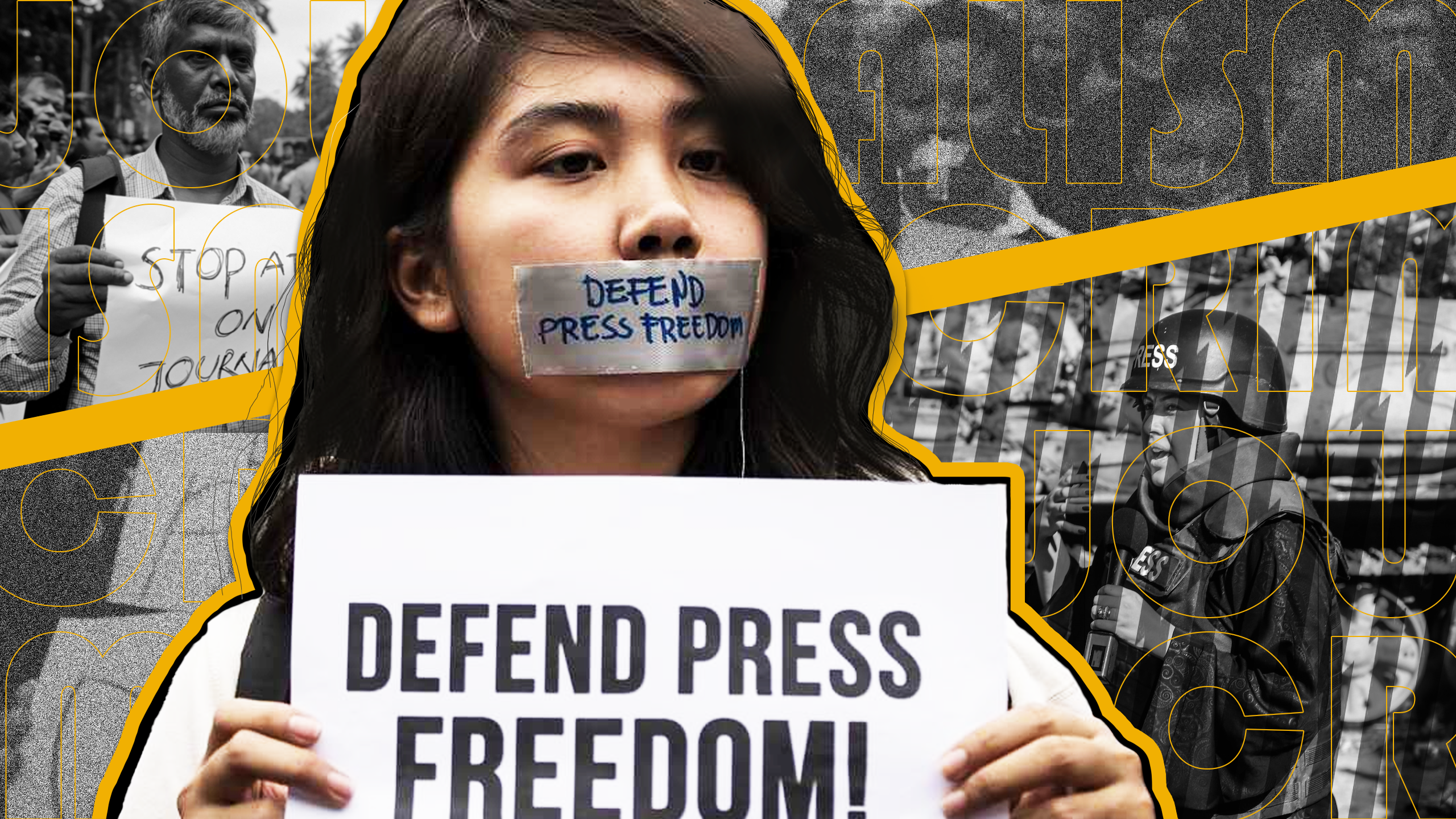
2016 | Human rights defender held for years without trial: Nguyễn Văn Đài
Since his arrest in Dec 2015, Văn Đài had been held incommunicado on charges of ‘conducting propaganda’ against the state. He was was denied access to a lawyer for two years.
In 2016, working with Edinburgh University, we filed a petition with the UNWGAD urging the group to intervene in his case. On 7 Jun 2018, Nguyễn Văn Đài was released from prison and exiled to Germany.
'Thank you to all at Media Defence for your compassion and for your support over the years that resulted in my freedom.'
Nguyễn Văn Đài
2018 | Convicted of “conducting propaganda against the state” for filming protests: Nguyễn Văn Hoá
In 2017, 23-year-old video journalist and blogger, Nguyễn Văn Hoá, was arrested for filming protests in Viet Nam, faced seven years in prison and three years of house arrest. We filed a petition to the UNWGAD about Văn Hoá’s detention.
2017 | Silencing Environmental journalists: Lê Đình Lượng
We filed a Petition with the UNWGAD on Jul 2017 on behalf of Mr Lượng calling for his immediate release after he was convicted and sentenced to 20 years imprisonment following his peaceful protesting.
2018 | Vietnamese blogger and journalist abducted in Thailand: Truong Duy Nhat
Fleeing increased state surveillance in Viet Nam, journalist Mr. Nhat sought asylum in Thailand but was swiftly detained by Thai police, handed over to Vietnamese authorities, and effectively disappeared until Mar 2018.
In 2020, following our petition, the UNWGAD found Thailand and Viet Nam responsible for the unlawful rendition and detention of the journalist.
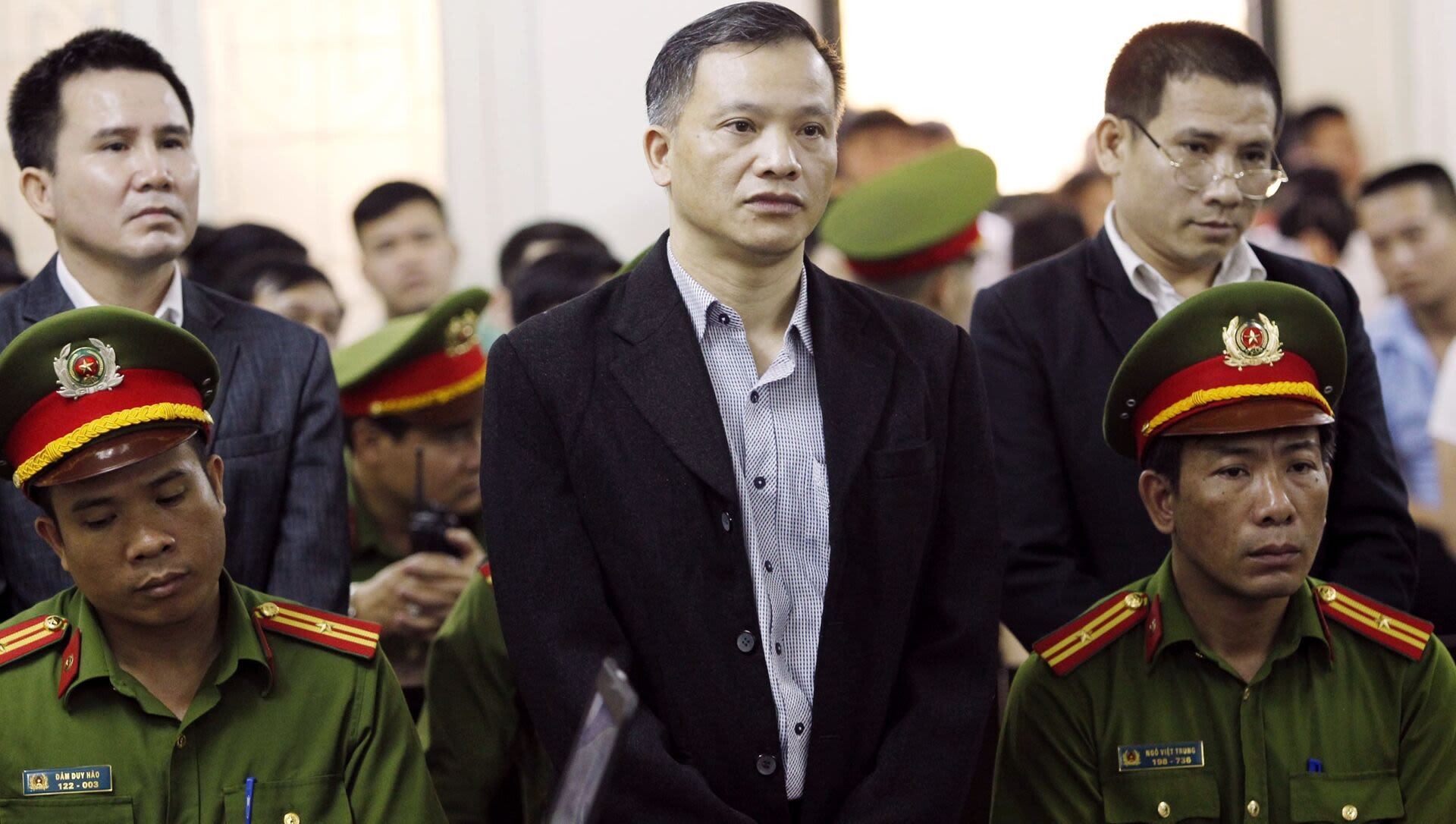
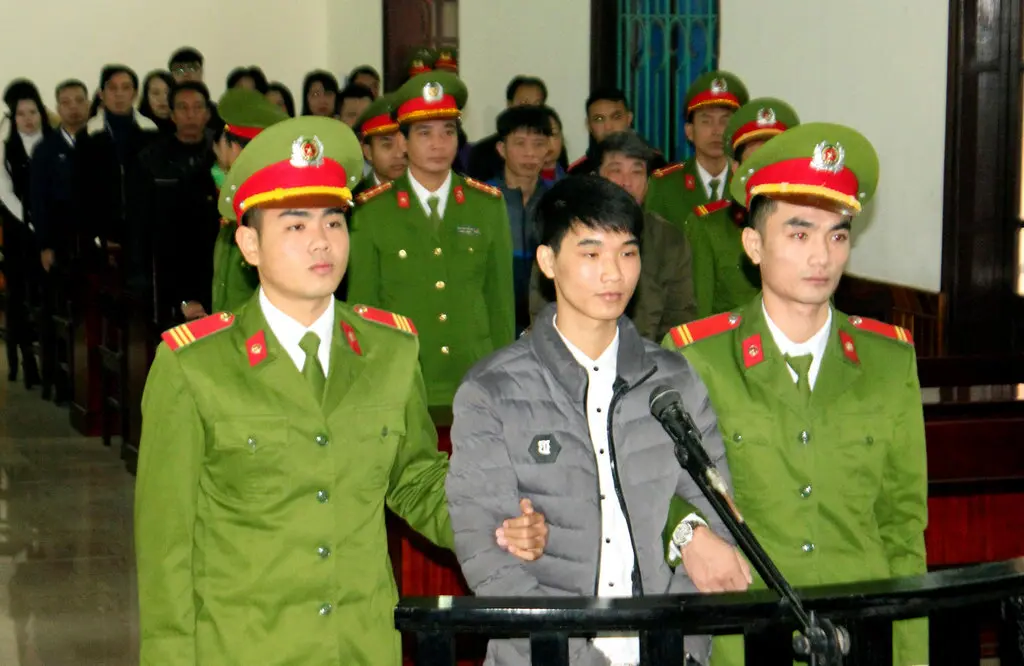
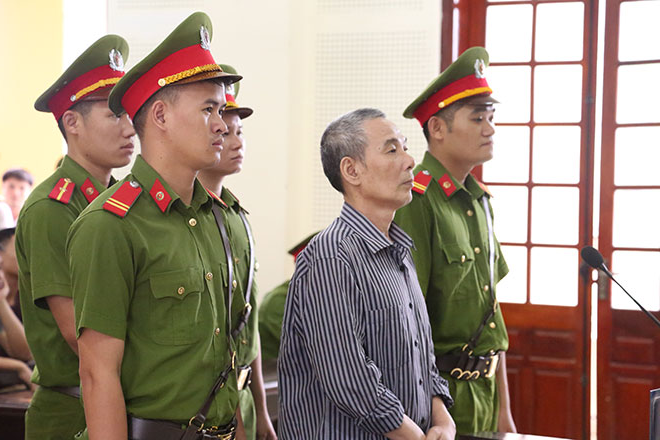
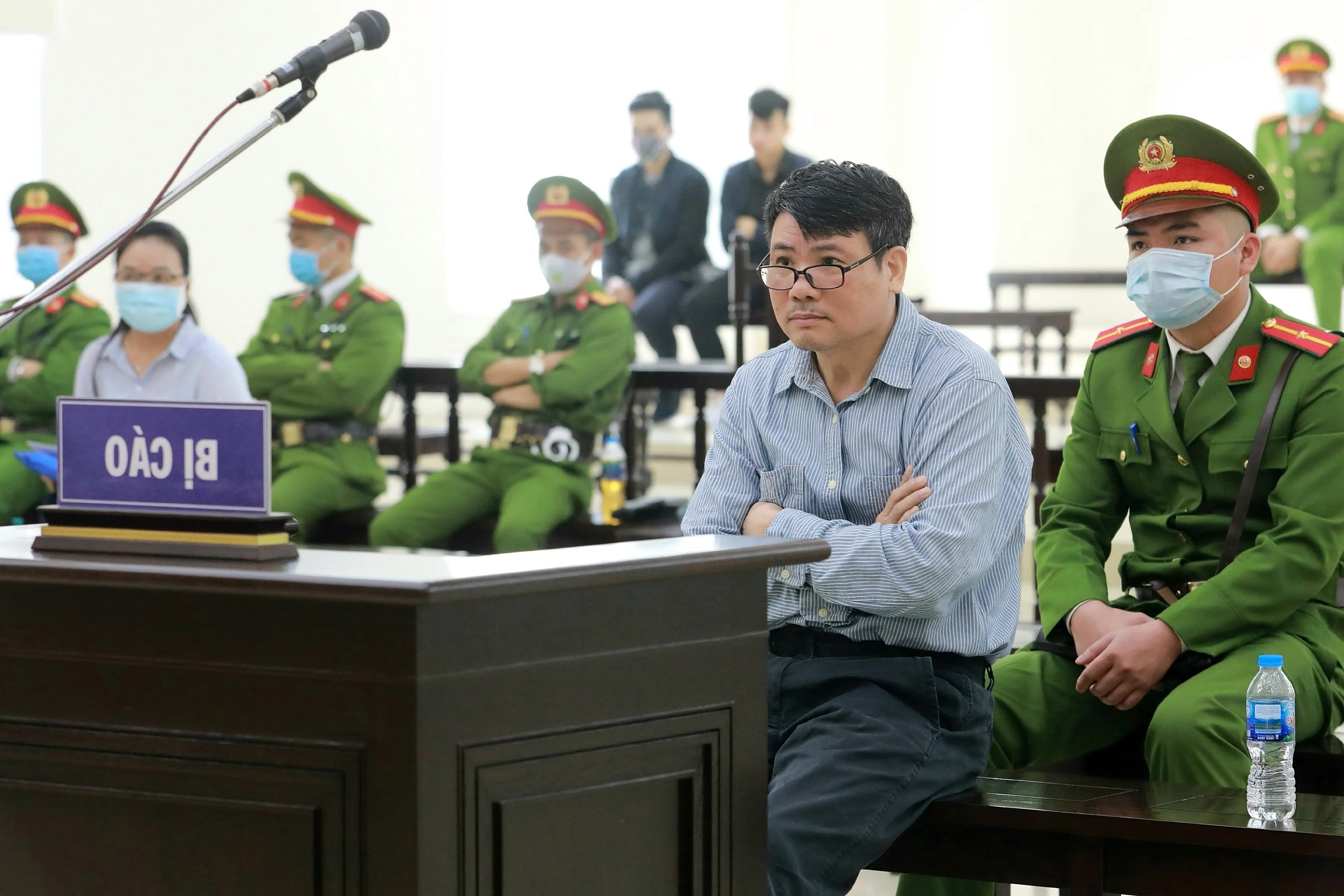
2015 | Training programme launch: Empowering Lawyers to Protect Media Freedom
Since 2015, we have been running a legal training programme, building the capacity of lawyers who defend journalists. We do this through running litigation surgeries, peer support programmes and by sharing free and accessible resources that help them in their defence of the media.
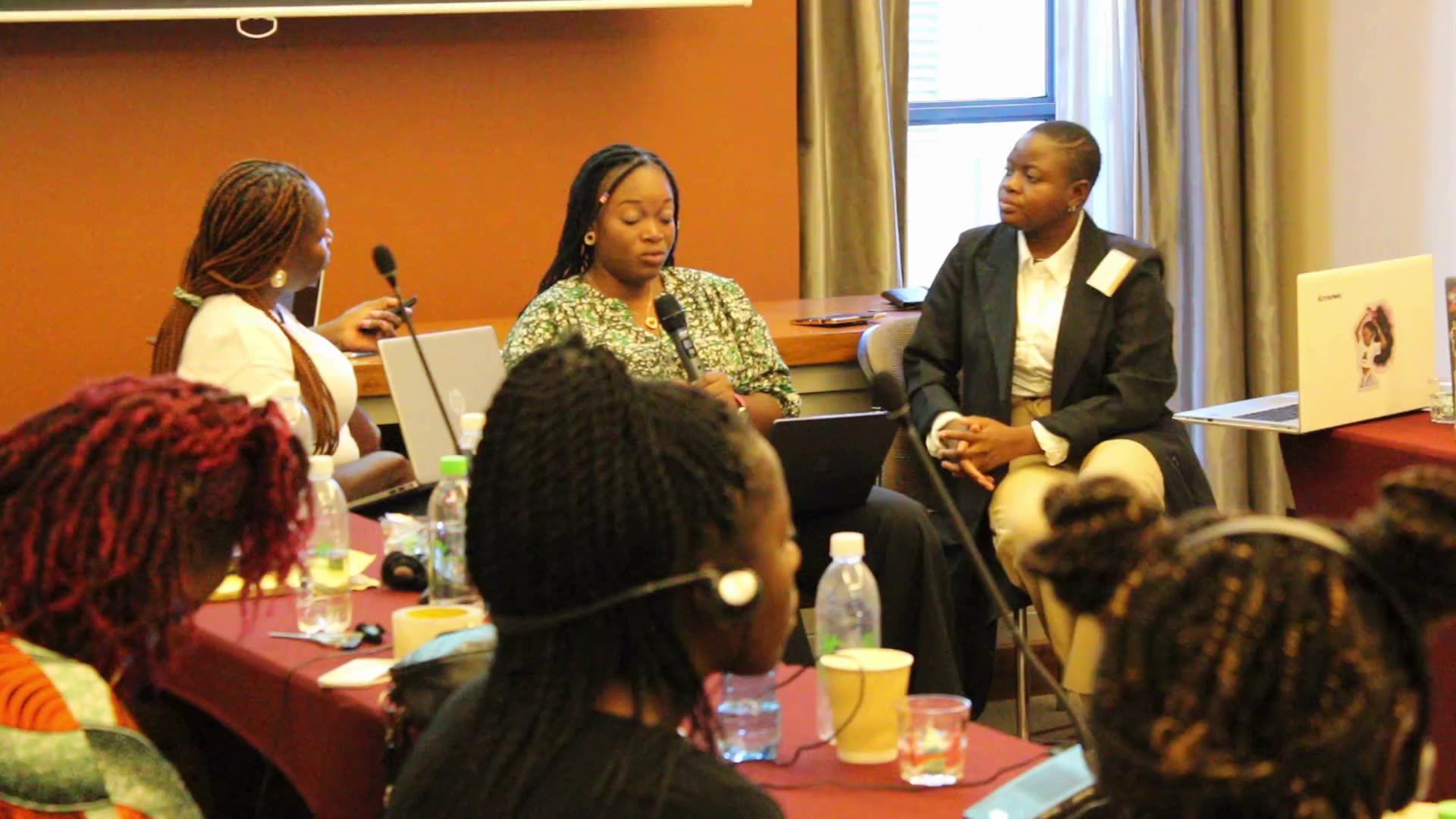
What does our training aim to achieve?

Practical Tools
They equip lawyers with practical resources for addressing evolving threats to media freedom.

Peer-Learning Networks
They facilitate connections among lawyers in the same subregions, enabling the exchange of experiences.

Long-Term Collaboration
They serve as a starting point for sustained partnerships with us.
Since 2015 we have trained over 270 lawyers, across 40 countries in 4 languages.
These programmes are a crucial tool in equipping lawyers with the contextualised knowledge needed to defend journalists against legal attacks.
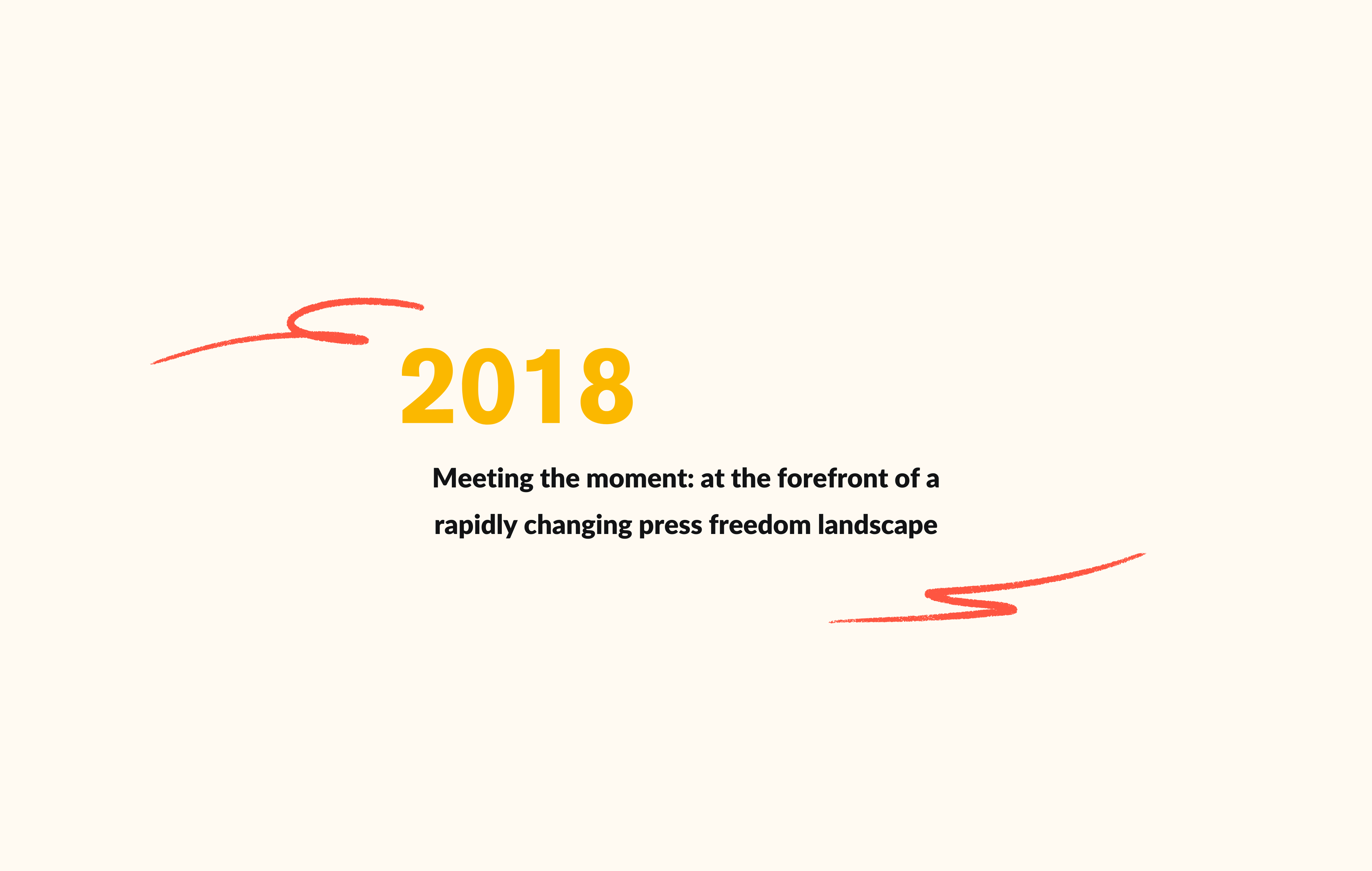
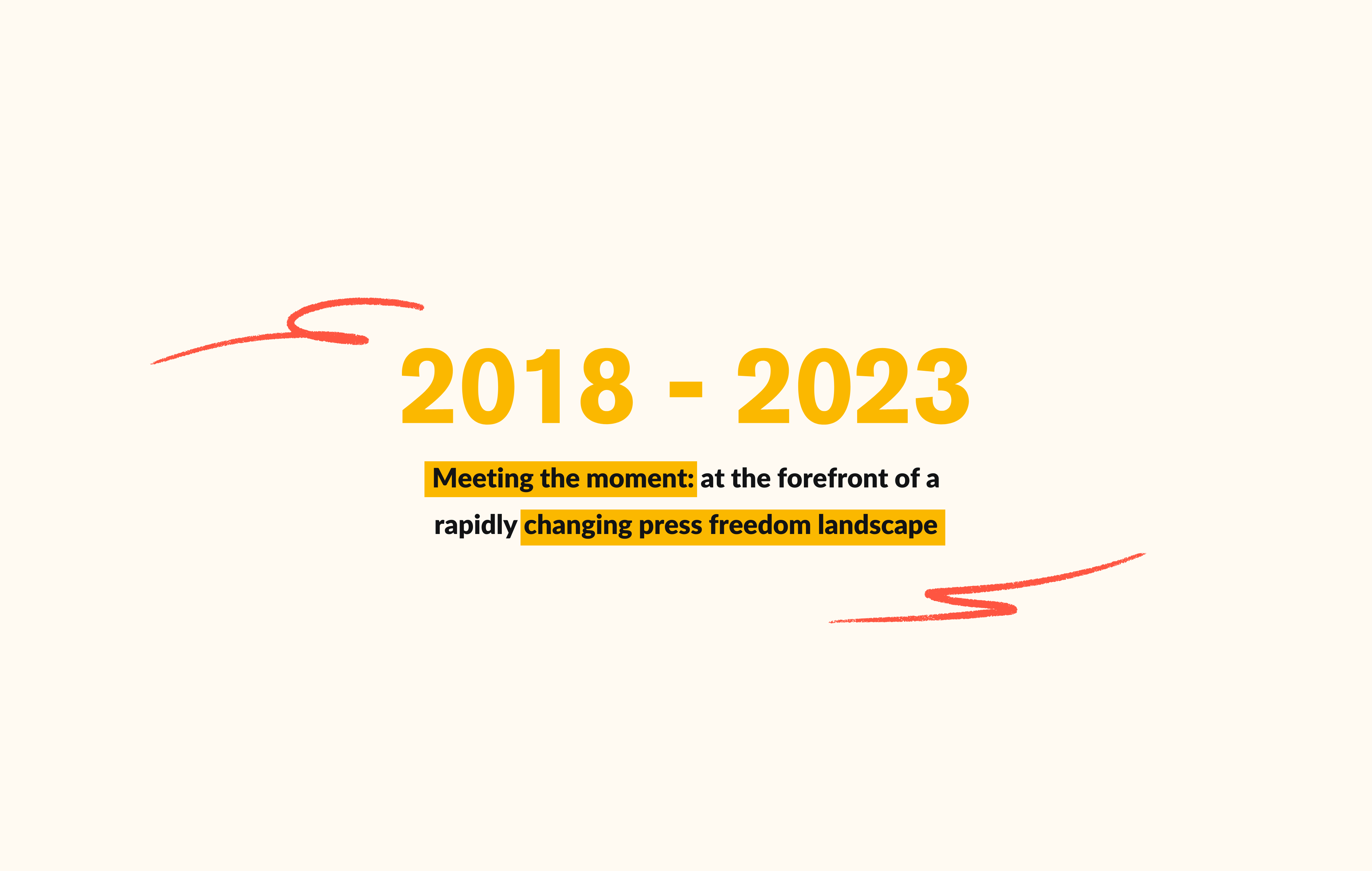
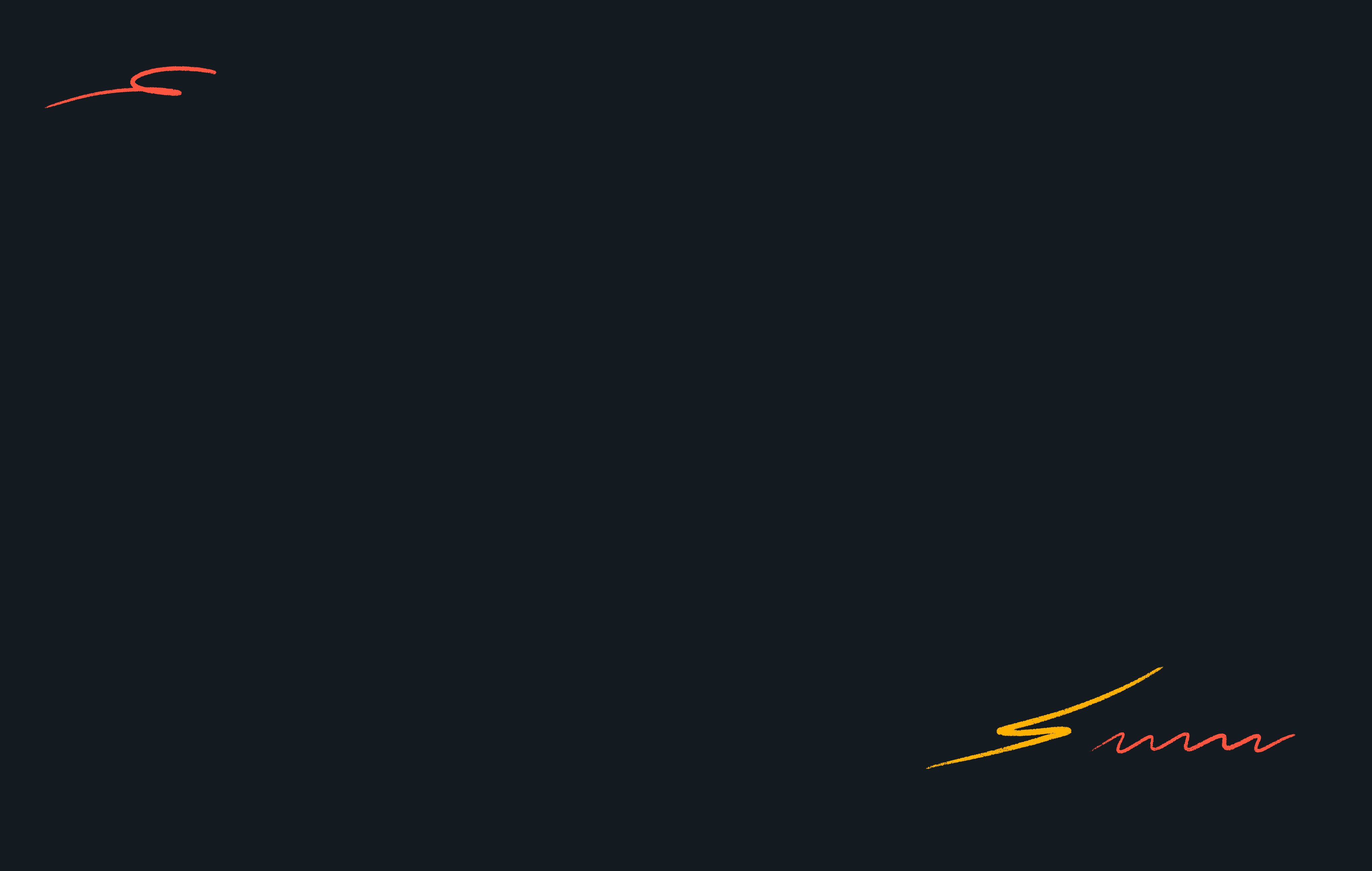
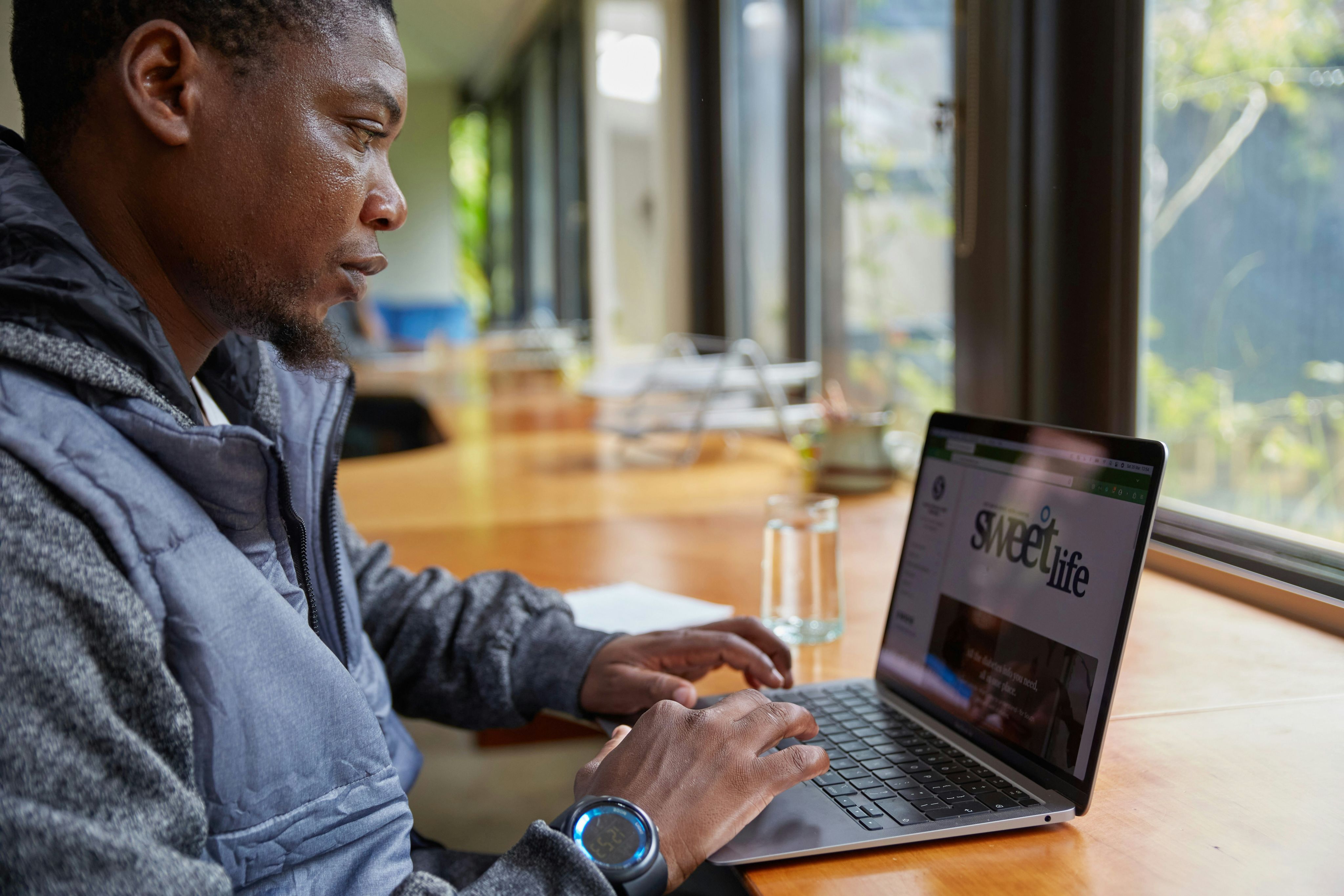
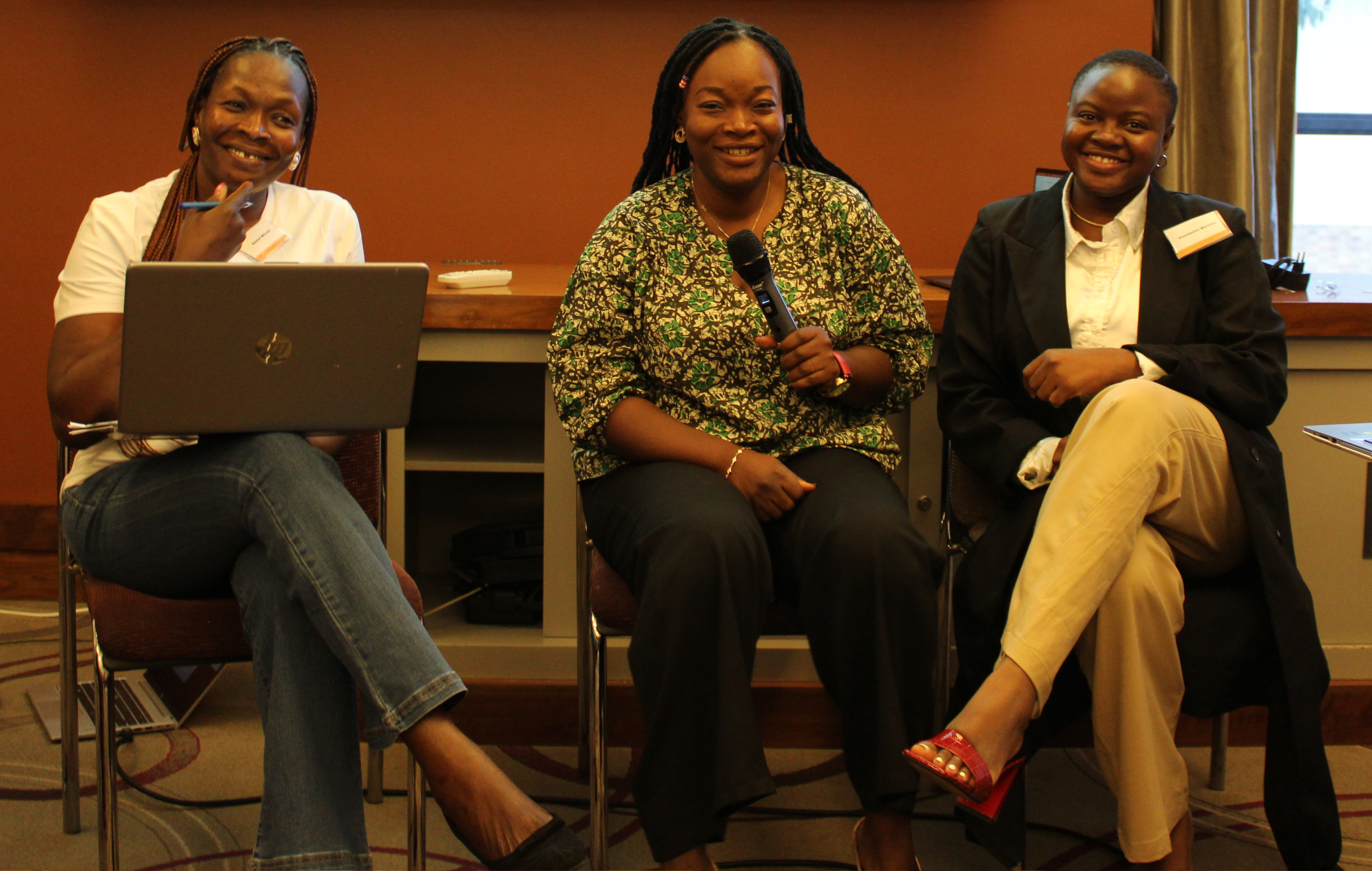
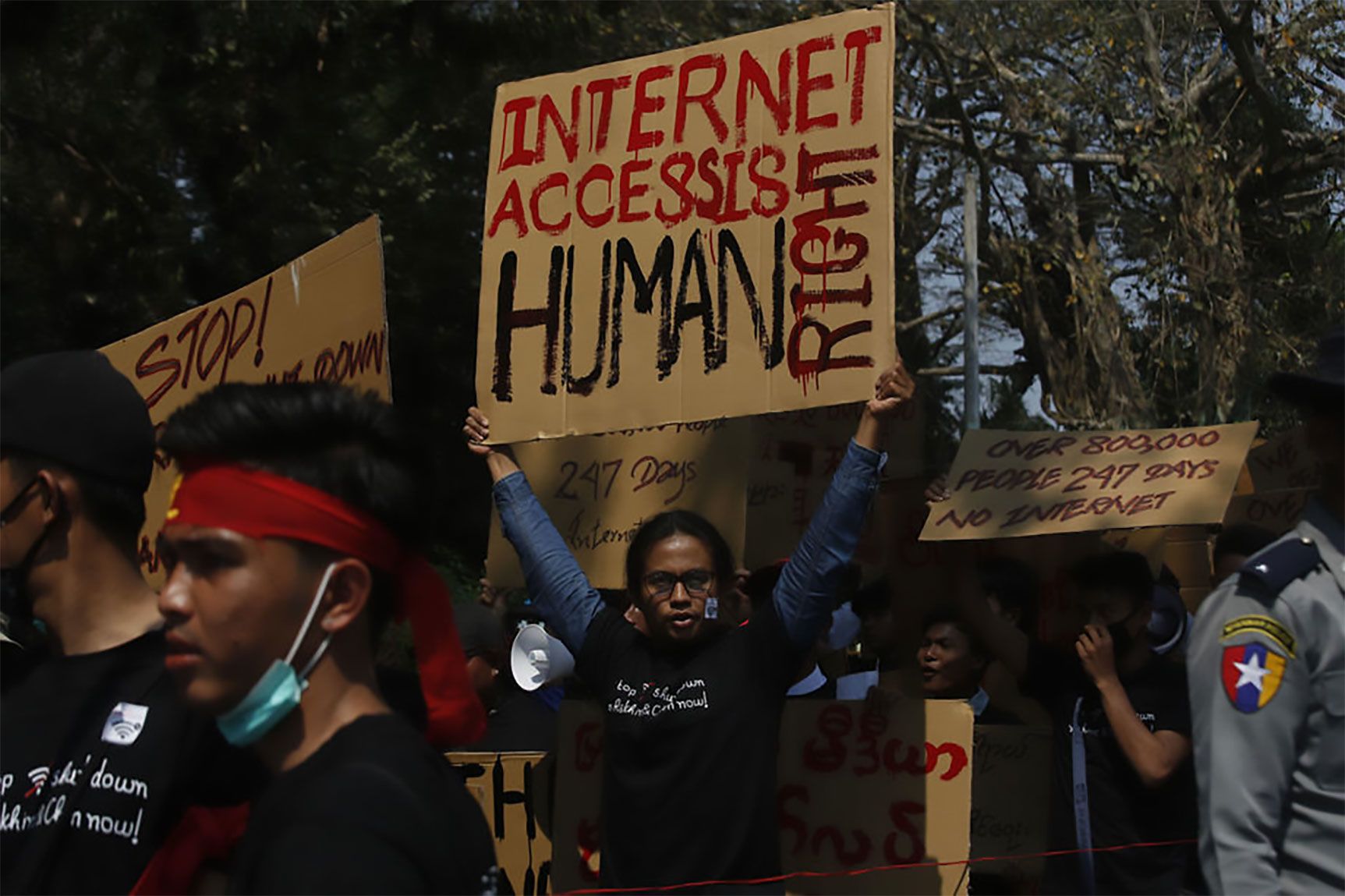
2018 - Ongoing | Responding to the rapidly changing digital landscape in sub-Saharan Africa
Between 2014 and 2017, internet access in sub-Saharan Africa doubled. With a rising significance in online journalism, new legal challenges, such as digital privacy and cybercrimes emerged.
In 2018, we launched training programmes focussed on improving legal expertise among lawyers in the region to successfully defend digital rights cases and address new challenges.
2018 - 2021 | Digital Rights Advocacy Project (DRAP)
We launched this project to specifically address digital rights issues in sub-Saharan Africa. DRAP provided successful litigation trainings for lawyers in East, West and Southern Africa, created newly tailored learning materials, hosted peer-to-peer knowledge sharing events and increased access to legal defence.
"This project with Media Defence has opened the horizons of digital rights and allowed us to identify new and emerging issues across sub-Saharan Africa."
Mojirayo Ogunlana-Nkanga, DRAP participant
2021-2023 | Empowering Women in Digital Rights Advocacy (EWDRA)
Our EWDRA programme built on the strengths of the previous project, while shifting the focus to women lawyers. Through this project we hosted litigation training workshops specifically for women lawyers, and designed gender specific digital rights module.
"This project was a huge success...it served as an acknowledgement that women lawyers are valued partners in our efforts to bring about social change"
Programme participant
2024 - Ongoing | Expanding the impact: International Network of Internet Freedom Lawyers
Our new programme aims to create a global legal network defending online freedom of expression through training, networking, and financial support. By strengthening local legal capacity and fostering cross-border collaboration, the network will actively challenge digital rights violations and advocate for a free and open internet worldwide.
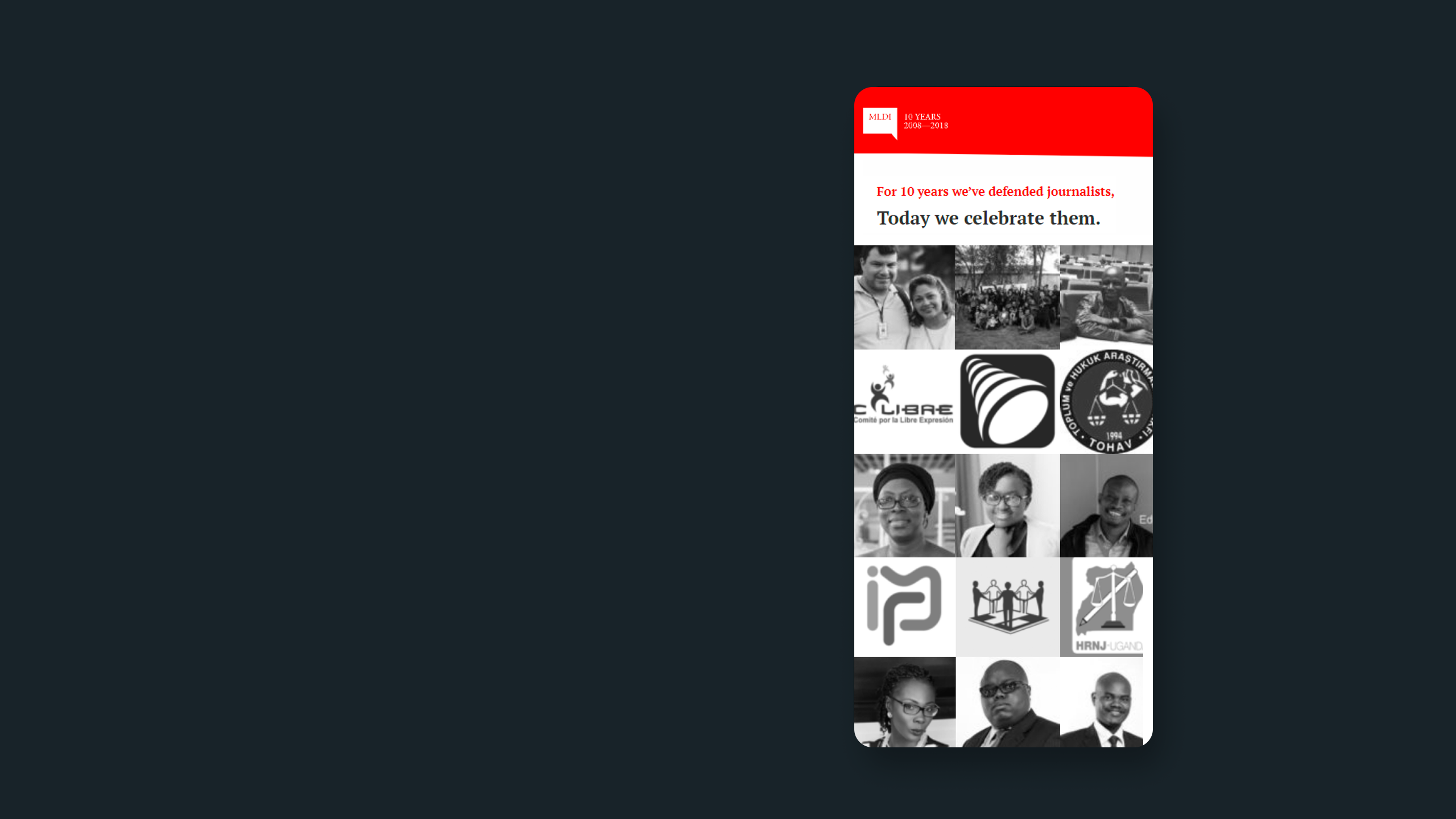
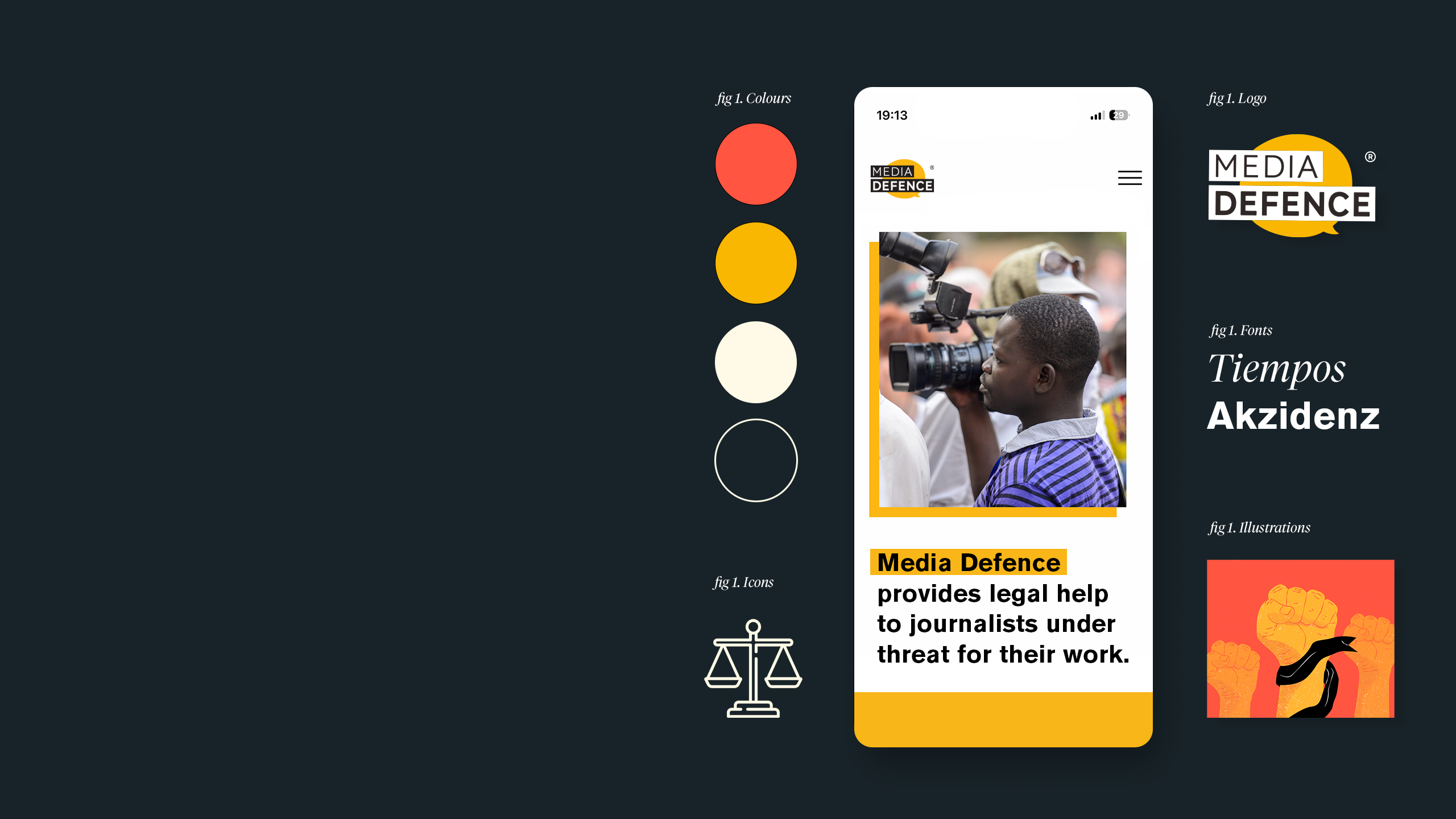
2020 | Launching our new branding
In 2020 we changed our name from Media Defence Legal Initiative to Media Defence. We also refreshed our visual identity with a new website and logo...
“With media around the world under ever increasing pressure, our crisp new trading name, visual identity and website will help us accelerate our development, so that we can fulfil our mission of ensuring legal protection of media workers around the world. ”
Alinda Vermeer, CEO, Media Defence 2020-2023
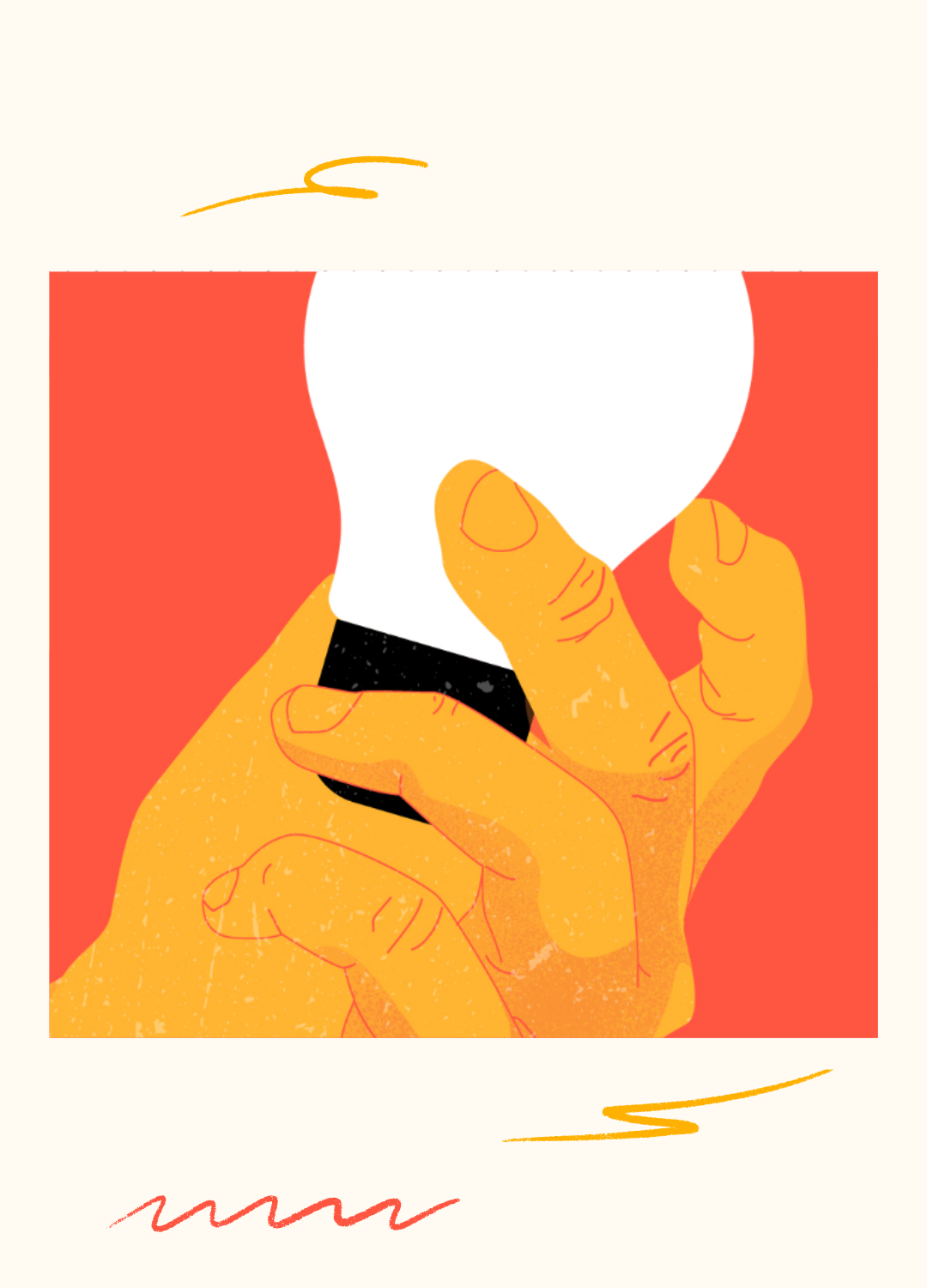
2021 | Launch of our Resource Hub
Our Resource Hub offers 250+ legal resources, spanning digital rights, censorship, internet access restrictions, and defamation. The Hub provides free, accessible, and searchable content.
Accessible in multiple languages, including English, Spanish, Portuguese, French, Italian, and German. Since 2022, our resources have been used over 300,000 times globally.
Joining forces
The continuing decline of press freedom needs a global and coordinated response. We have joined several coalitions to fight back.
"The scale of the problem is so big that Media Defence has formed Coalitions with other freedom of expression organisations to help tackle the growing demand."
Alinda Vermeer, CEO, Media Defence 2020-2023
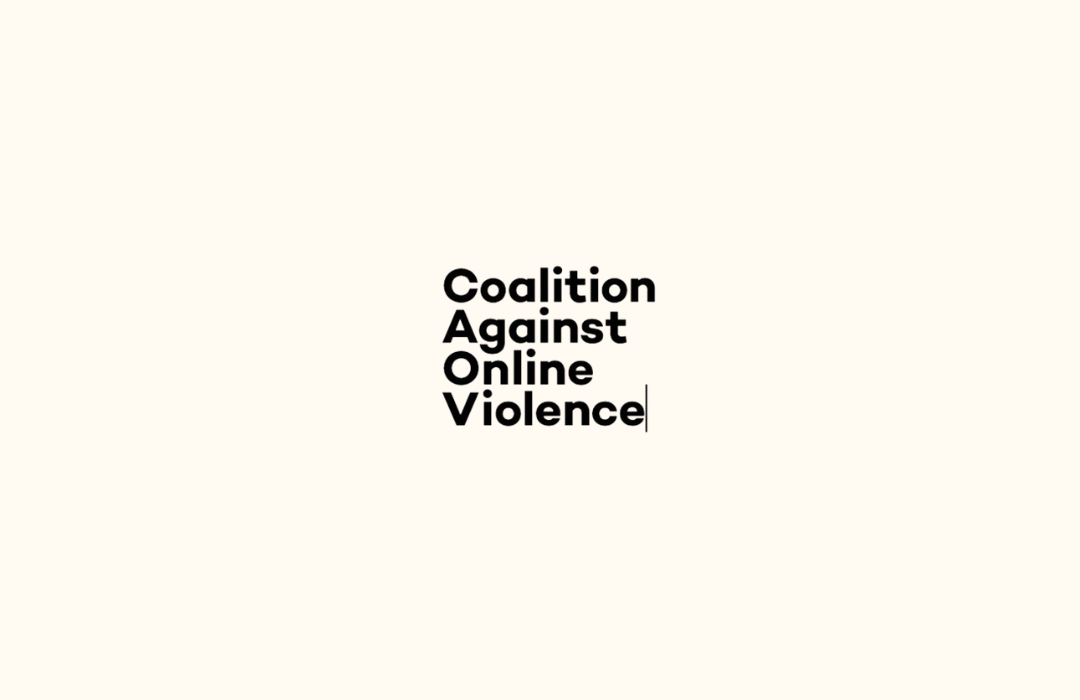
2018 | We joined the Coalition against online violence
We joined forces with the Coalition to combat online violence against journalists. The Coalition offers support, bolsters journalists’ digital security and empowers media to keep their employees safe.
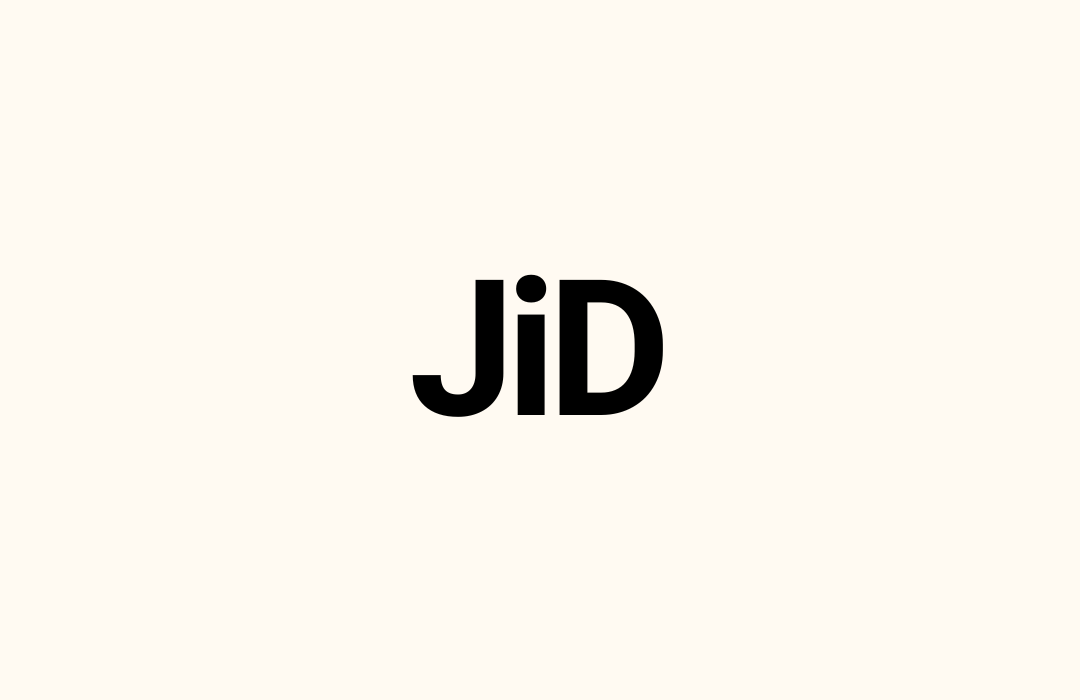
2020 | We joined the Journalists in Distress Network
The Journalists in Distress (JiD) Network is an informal forum for sharing information on journalists in distress and developing joint initiatives for emergency response.
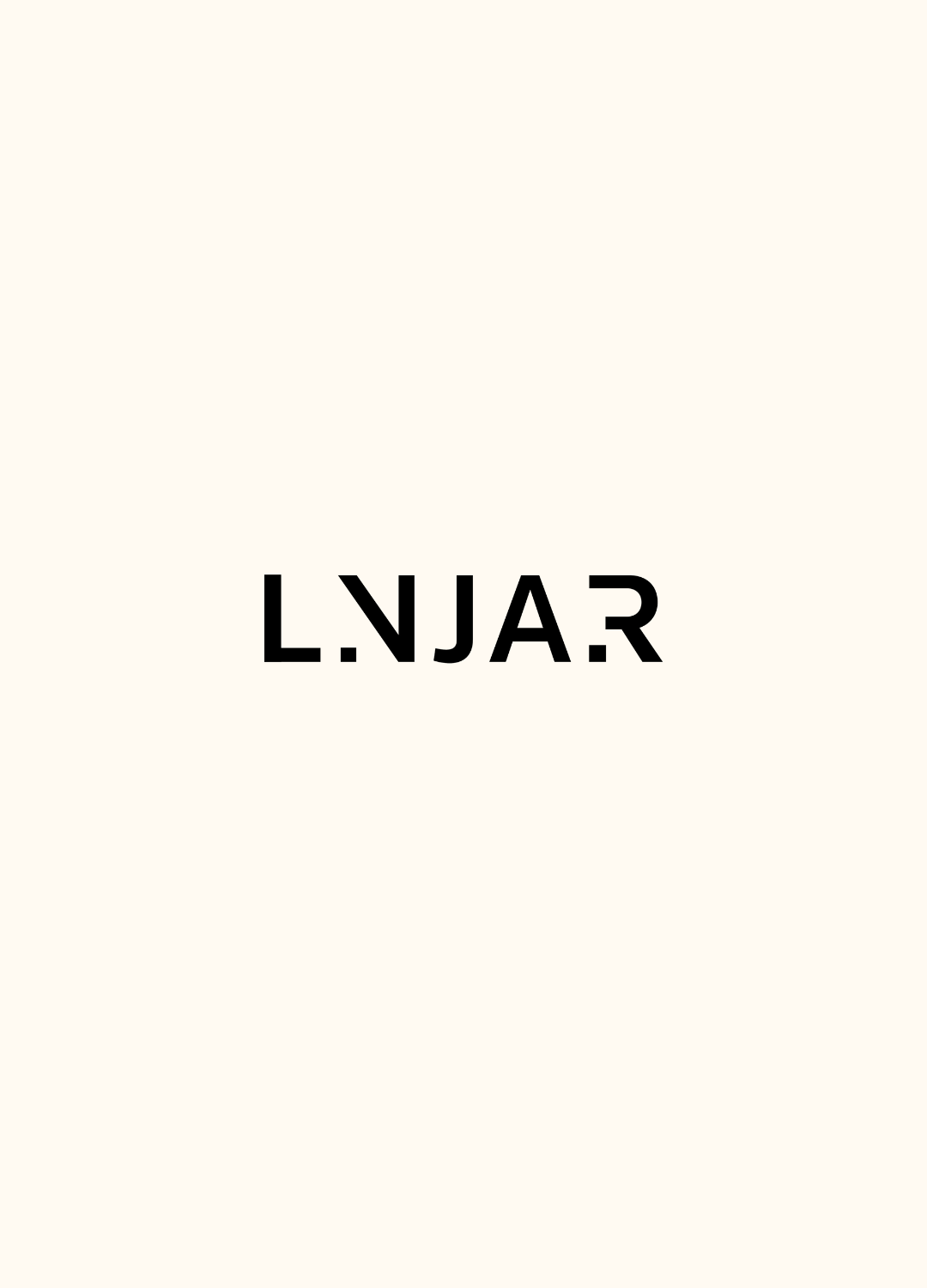
2022 | We founded the Legal Network for Journalists at Risk
In 2022, we set up the Legal Network for Journalists at Risk (LNJAR) in partnership with the Committee to Protect Journalists the Thomson Reuters Foundation.
The network strategically pools resources of member organisations, all of whom support journalists or media outlets facing legal threats in various ways.
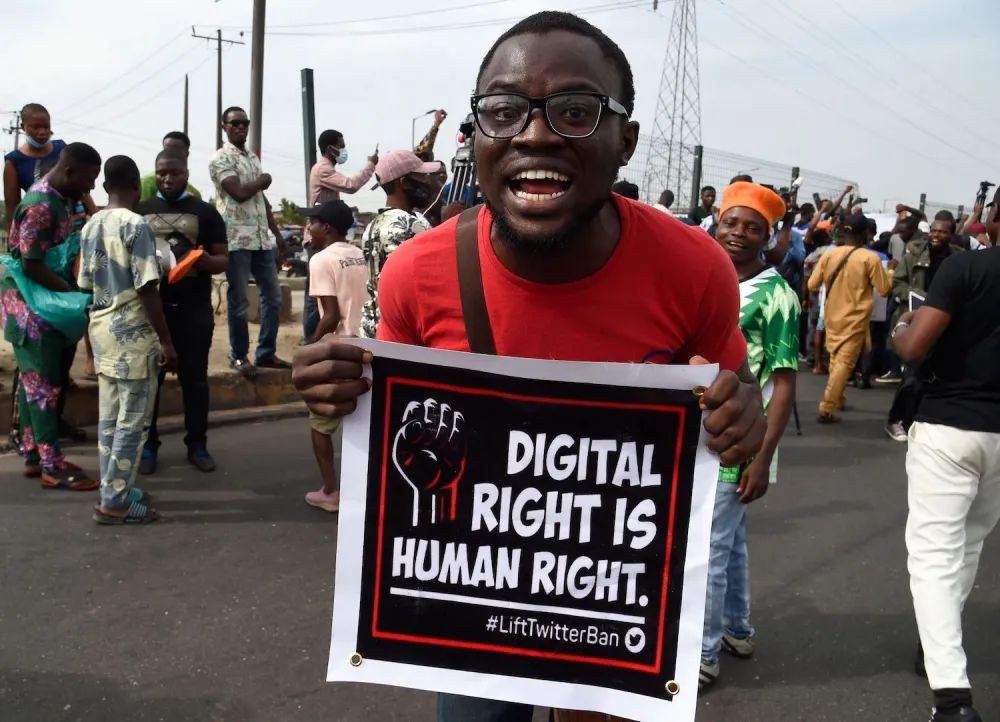
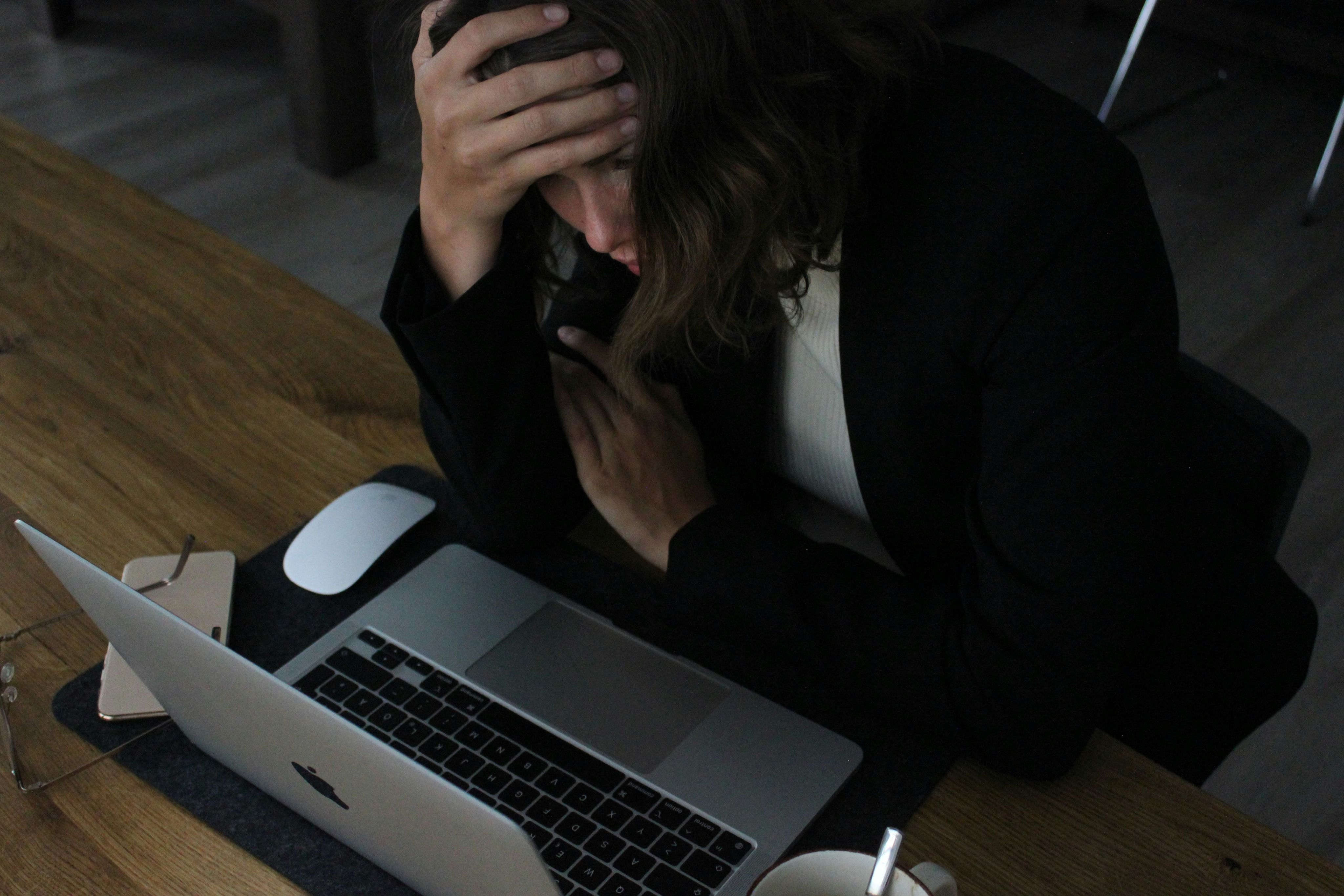
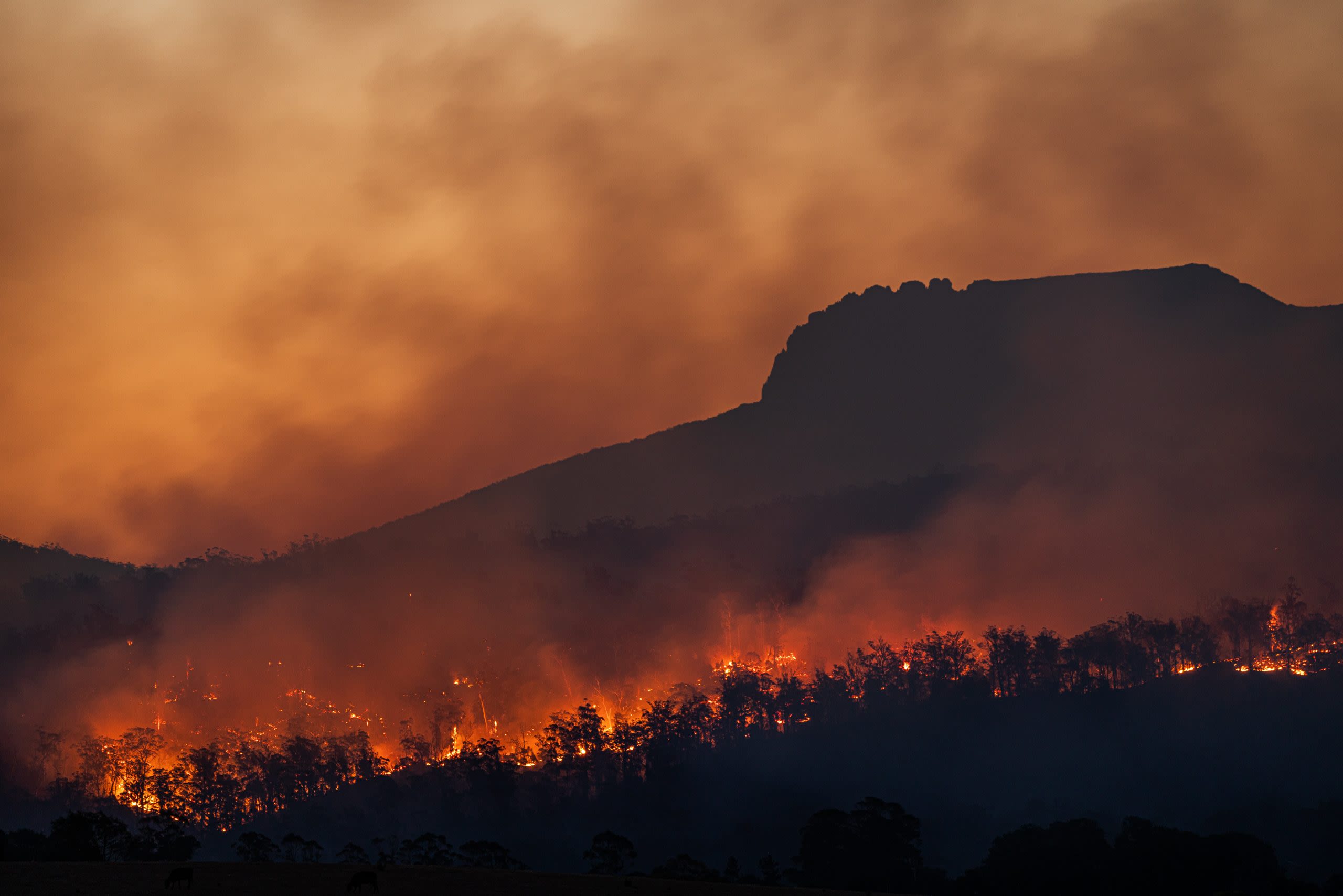
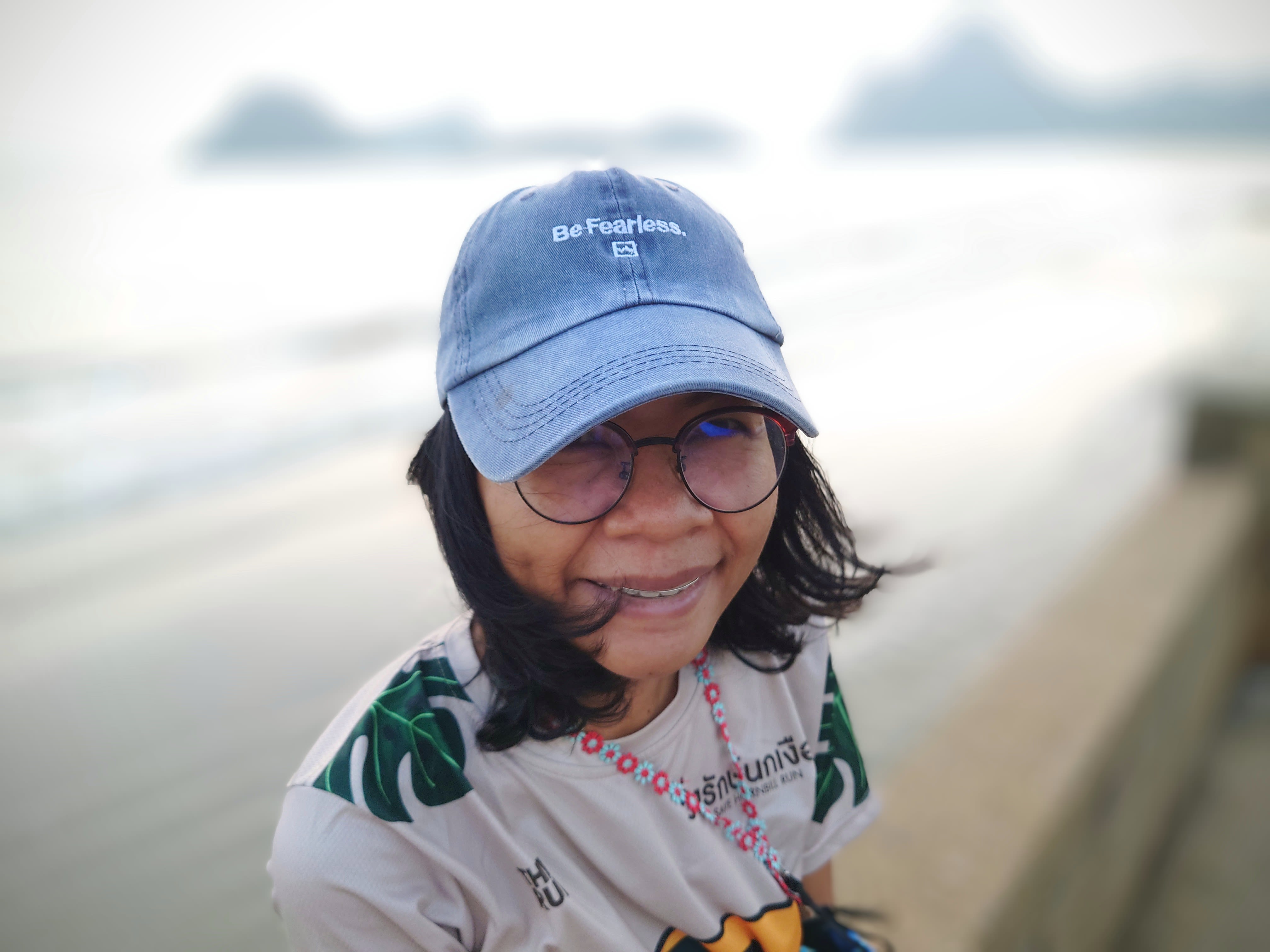
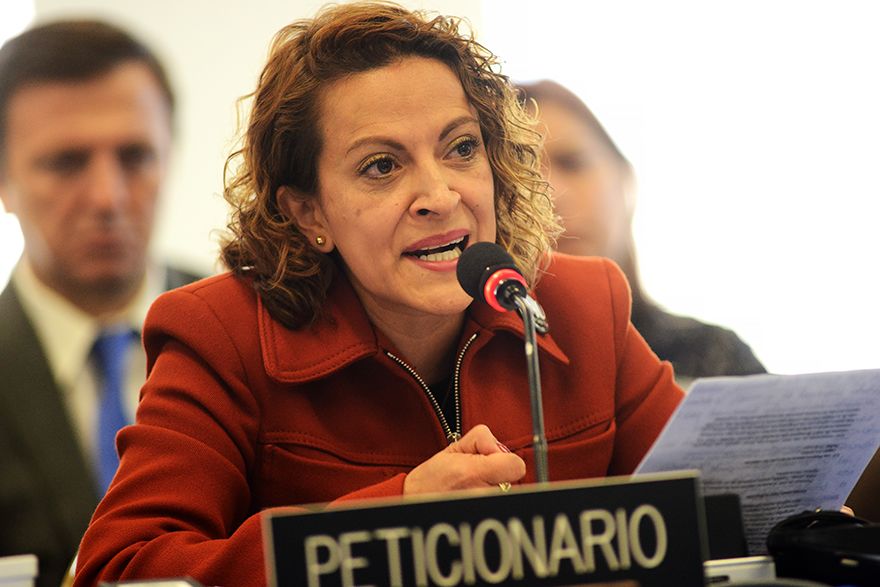
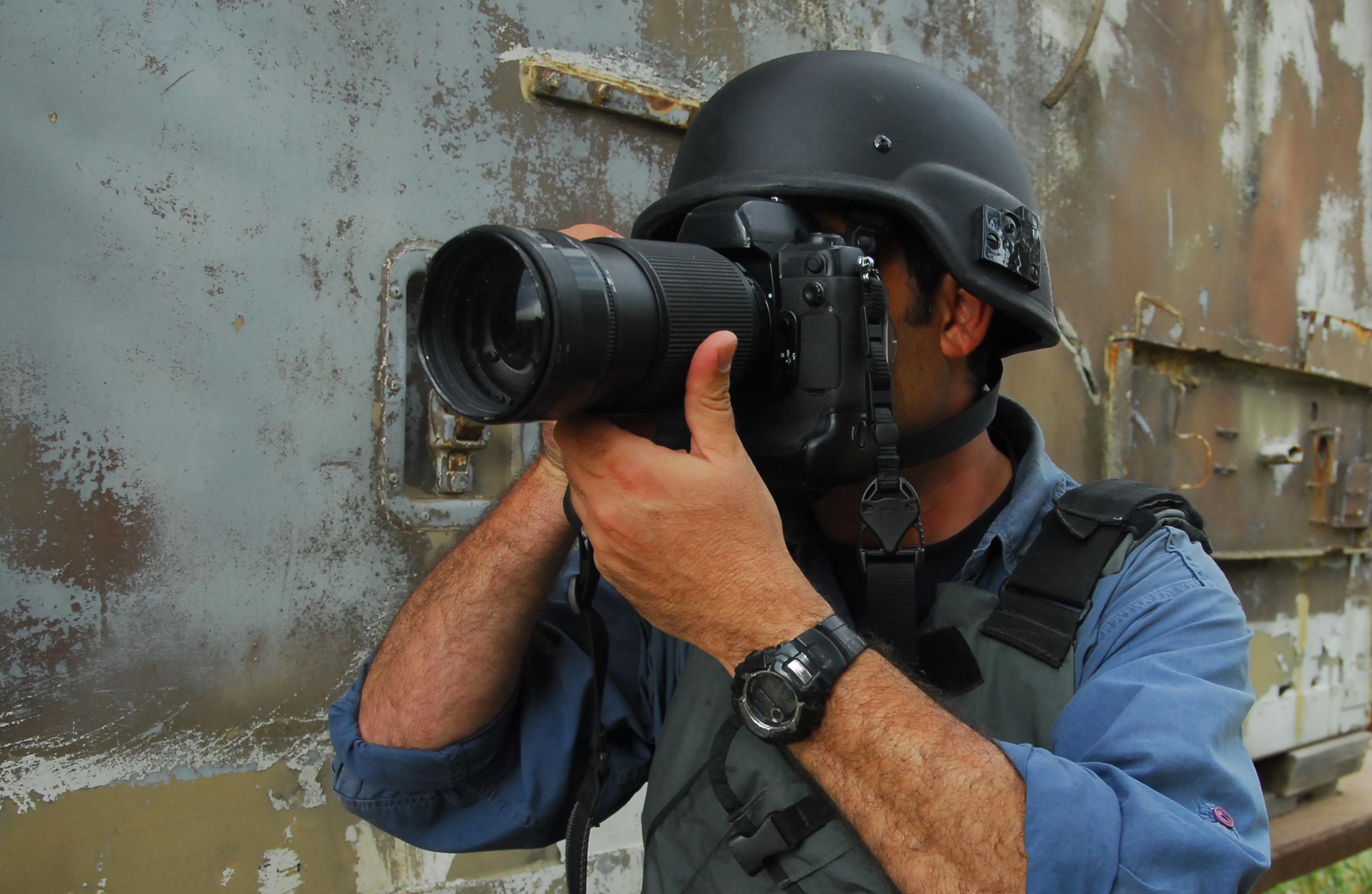
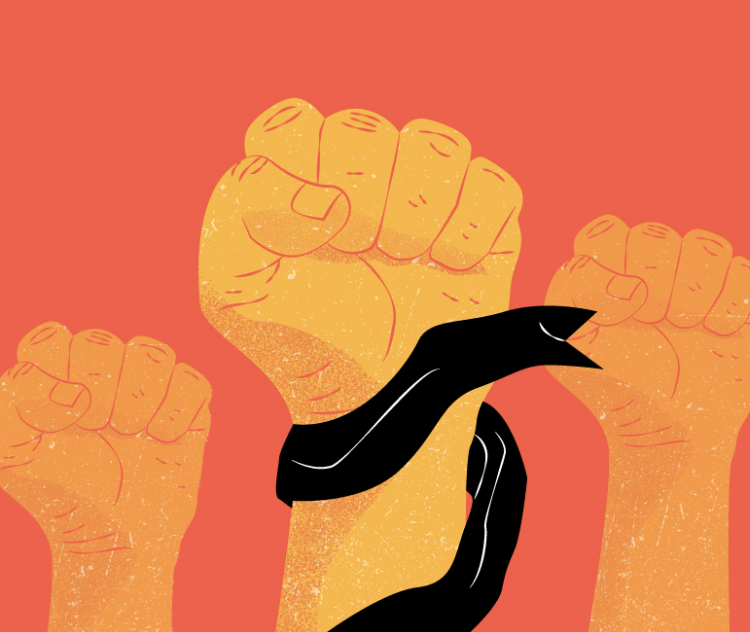
2018 | Our Pioneering Fight Against Internet Shutdowns Worldwide
Media Defence was one of the first organisations to litigate against internet shutdowns, having challenged them since 2018. We have supported or litigated around 20 instances of internet shutdowns across four continents.
2018 | Togo internet shutdown
In Sept 2017, the govt of the Republic of Togo shut down the internet multiple times. The shutdowns followed widespread political protests. We worked with Nigerian lawyer Mojirayo Ogunlana-Nkanga to file an application before the ECOWAS Court. In Jun, 2020, the Court ruled that Togo violated freedom of expression, digital rights, and press freedom by shutting down the Internet.
2019 | Indonesia
In Aug 2019, violent protests erupted in Indonesia. In an attempt to quell the protests, authorities slowed internet access in areas of West Papua for a number of days. We supported a challenge to this shutdown in Feb 2020. In its verdict the State Administrative Court of Indonesia held that the government had broken the law by shutting down the internet.
2021 | Nigeria
Media Defence, alongside Mojirayo Ogunlana-Nkanga, represented Plaintiffs challenging the Nigerian government's decision to ban Twitter in Nigeria in Jun 2024.
In a landmark judgment the ECOWAS court found that Nigeria had violated the rights of all the Plaintiffs. The Court also mandated legal reforms and prohibited future social media blockades.
Spying in the digital age
In 2021, the Pegasus Project revealed that 180 journalists, along with thousands of politicians, and activists around the world were targeted with Pegasus - a mobile phone surveillance software sold by the Israeli-based firm NSO Group. Once installed, Pegasus can extract contacts, photos, videos, geolocation, encrypted communications and much more.
Pegasus is a tool of transnational oppression. Targeting journalists with the use of cyberweapons creates fear.
Leading the charge
We were one of the first to bring cases against States at the ECtHR for the misuse of Pegasus.
2022 | Azerbaijan
In 2022, along with Azeri lawyers Zibeyda Sadigova and Elchin Sadigov, we filed four cases at the ECtHR concerning the use of Pegasus spyware by Azerbaijan. Cyberattacks in Azerbaijan are on the rise and the those targeted are often outspoken critics of the government.
In 2023 we filed 4 more cases concerning the use of Pegasus against journalists and human rights defenders in the country.
Defending Environmental journalists
Reporting on the environment has become one of the most dangerous jobs in journalism. Over the past decade, at least 13 journalists investigating environmental issues have been killed. Countless others have suffered violence, harassment, intimidation and SLAPP lawsuits.
2018 | Alberto Castaño
Castaño is an environmental journalist supported by us and our partner Fundación para la Libertad de Prensa (FLIP) in Colombia.
Castaño's reporting on environmental abuses resulted in online threats, intimidation, and judicial harassment. In 2018, identifying information about Castaño and his son was shared on Twitter - he had been doxxed. FLIP’s lawyers defended Castaño in the proceedings and ultimately won the case.
“If it wasn’t for the help FLIP and Media Defence gave me, I don’t even want to think that my three children could perfectly well be growing up without parents.”
Alberto Castaño
SLAPPs
Strategic Lawsuits Against Public Participation or SLAPPs are used to censor and intimidate critics by burdening them with the cost of a legal defence. Journalist's targeted face heavy fines, bans from journalism, and even imprisonment as a result of baseless legal claims. This type of litigation is becoming increasingly common in Europe and around the world.
Coalition Against SLAPPs in Europe
Media Defence, is part of the Coalition Against SLAPPs in Europe. We are committed to defending and protecting journalists from this kind of persecution.
João Paulo Cuenca
In Brazil, we have been supporting journalist and author João Paulo Cuenca. Cuenca was targeted by over 140 lawsuits. Pastors from the Universal Church of the Kingdom of Christ, a huge multinational organisation, filed these suits all over the country.
As of 2022, 91 of the 143 lawsuits launched against João Paulo Cuenca, have either been successfully defended or dismissed. A Normative Act has also been issued, recommending how judges and prosecutors should treat lawsuits such as Cuenca’s.
2022 | Chutima Sidasthian
Thai reporter, Chutima Sidasathian, has dedicated herself to reporting on corruption and the plights of rural communities and refugees. This dedication comes despite repeated attempts to silence her through intimidation and legal attacks.
“Speaking out got me sued. I now face up to 14 years in jail. All because of some honest reporting that simply clarified what was happening.”
We supported Sidasthian's cases in 2015 and 2021 - both of which she won. We continue to support Chutima's legal defence for her upcoming trials in 2024.
Combatting impunity for violence against journalists
Every year journalists are killed, tortured, and harassed for carrying out their work. Over 1,600 journalists have been killed since 2003. There is often no accountability for these attacks – killings of journalists go unpunished in 86% of cases.
Long term support
Fighting impunity can often many years if not decades, it can also be arduous and costly. We support journalists' cases long term in order to offer them or their loved ones the best hope of getting justice.
2000 - 2021 | Jineth Bedoya
Jineth Bedoya (pictured), a reknowned Colombian journalist, was abducted and sexually assaulted for her investigative journalism in May 2000. For two decades Bedoya fought for accountability. When her case finally reached the Inter-American Court of Human Rights (IACHR), we filed an amicus curiae brief and our partner, FLIP, led on the case.
In 2021 the IACHR issued a landmark judgment. The case set key standards for the protection of women journalists.
2001 - 2023 | Claudia Julieta Duque
For over two decades journalist Claudia Duque was subjected to psychological torture at the hands of the now-defunct Colombian secret police, the Department of Security (DAS). In Nov 2023, a former DAS agent was finally convicted. He now faces a 12.5-year prison sentence.
We have stood alongside Duque in her pursuit for justice for many years. We are proud to represent Duque before the IACHR as well as in 2023 case against the DAS agent.
2019 - Ongoing | Samuel Wazizi
We are working with local counsel to seek accountability for the detention and death of Cameroonian journalist Samuel Wazizi. Wazizi was arrested and held incommunicado in Aug 2019 in connection with his critical reporting on the government. The fact of his death in custody was kept hidden for almost a year.
Freedom of expression in a time of war
War reporting by independent journalists is essential to ensuring the public is informed about human rights violations, war crimes and genocide.
We continue to litigate cases of violence against journalists during conflict in order to challenge the culture of impunity in which state and non-state actors commit these attacks.
2020 | Oleh Baturin
In Mar 2022, Oleh Baturin, a Ukrainian journalist was abducted, tortured and held captive for 8 days by Russian agents. Baturin has reported extensively on Russia’s aggression against Ukraine.
In Jul 2022 Media Defence and Baturin’s local counsel filed his case at the ECtHR, against Russia.
Setting new precedents | Spotlight on recent Strategic litigation
2023 | Malkiewicz v UK
We submitted a third party intervention to the ECtHR in the case of Malkiewicz and others v UK. The case involves individuals who were sued for defamation against as a result of an article published in a Polish-language newspaper located in London.
The proceedings lasted around six years, and the applicants were left facing a costs bill of almost £600,000.
Why would a positive judgment impact freedom of expression more broadly?
The excessive costs in such cases in England and Wales are linked to an increase in SLAPP cases against journalists. The prospect of being sued in the UK impacts journalists decisions to publish important public interest information. Our intervention challenges the use of SLAPPs in this jurisdiction to suppress critical voices.
2023 | The case of Nika Gvaramia
In May 2022, Nika Gvaramia, a prominent Georgian journalist and leading opposition politician, was convicted of abuse of power and sentenced to 3.5 years imprisonment.
In Oct 2023, We filed Gvaramia’s case at the ECtHR, challenging his unlawful detention and the denial of his right to a fair trial.
Why would a positive judgment impact freedom of expression more broadly?
The case challenges a broader campaign by the Georgian government to impede the journalistic work of government-critical media outlets.
2023 | Challenge to the Colombian Constitutional Court
We supported our partner, El Veinte, in bringing a challenge to the Constitutional Court in Colombia. El Veinte is challenging the constitutionality an article of the law which regulates media access to detention centres. El Veinte argues that this article violates various constitutional and international rights by requiring prior authorisation for media visits to prisons, hindering journalists' ability to freely gather information.
Why would a positive judgment impact freedom of expression more broadly?
We believe this restriction on access harms freedom of expression. The outcome of this case is crucial for safeguarding the rights of journalists, bloggers, and citizens across Colombia.
While we've achieved significant milestones, the urgency for our support is increasing.
Since our inception in 2008, we've witnessed a global decline in the media environment. In 2008, Freedom House reported 46% of the world lived in a "free" environment; today, that figure has plummeted to a mere 20%.
Looking ahead, we are committed to defending journalists worldwide, standing against the escalating threats to freedom of expression. As the landscape changes, our approach will change to meet challenges head on.
Introducing the 2025 - 2029 Media Defence Strategy:
"Over the next five years, our strategic emphasis is on actively addressing the evolving threats faced by journalists. We will continue providing emergency defence for hundreds of journalists, engaging in crucial litigation, and strengthening legal protections for independent media workers. Furthermore, we are committed to broadening our support and resources for local legal defence centres, lawyers, and partners globally. Our mission remains steadfast: safeguarding the cornerstone of a free and informed society"
Carlos Gaio, CEO Media Defence
Thank you to our funders, supporters and to the journalists who bravely bring us truth in the face of great challenges.
